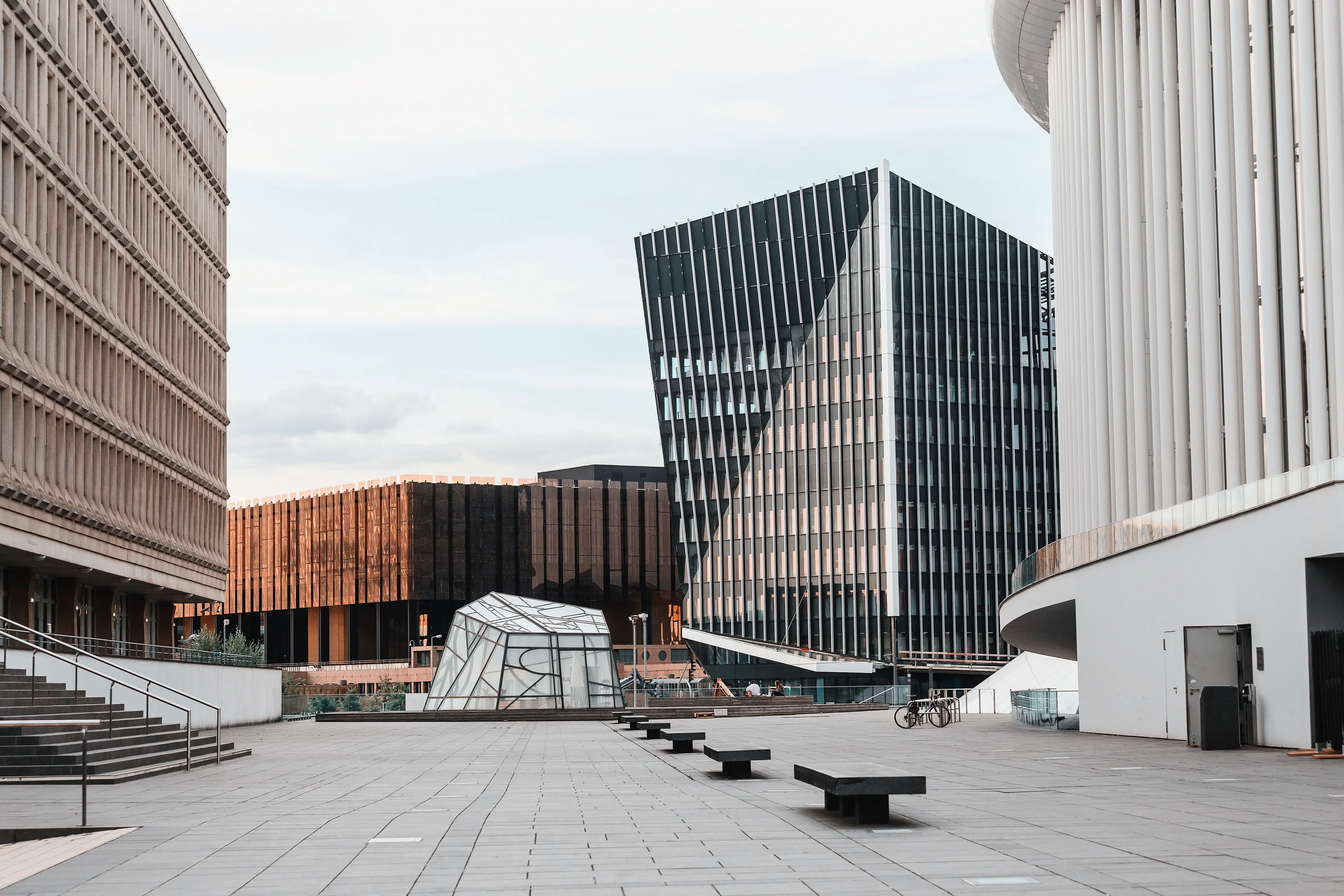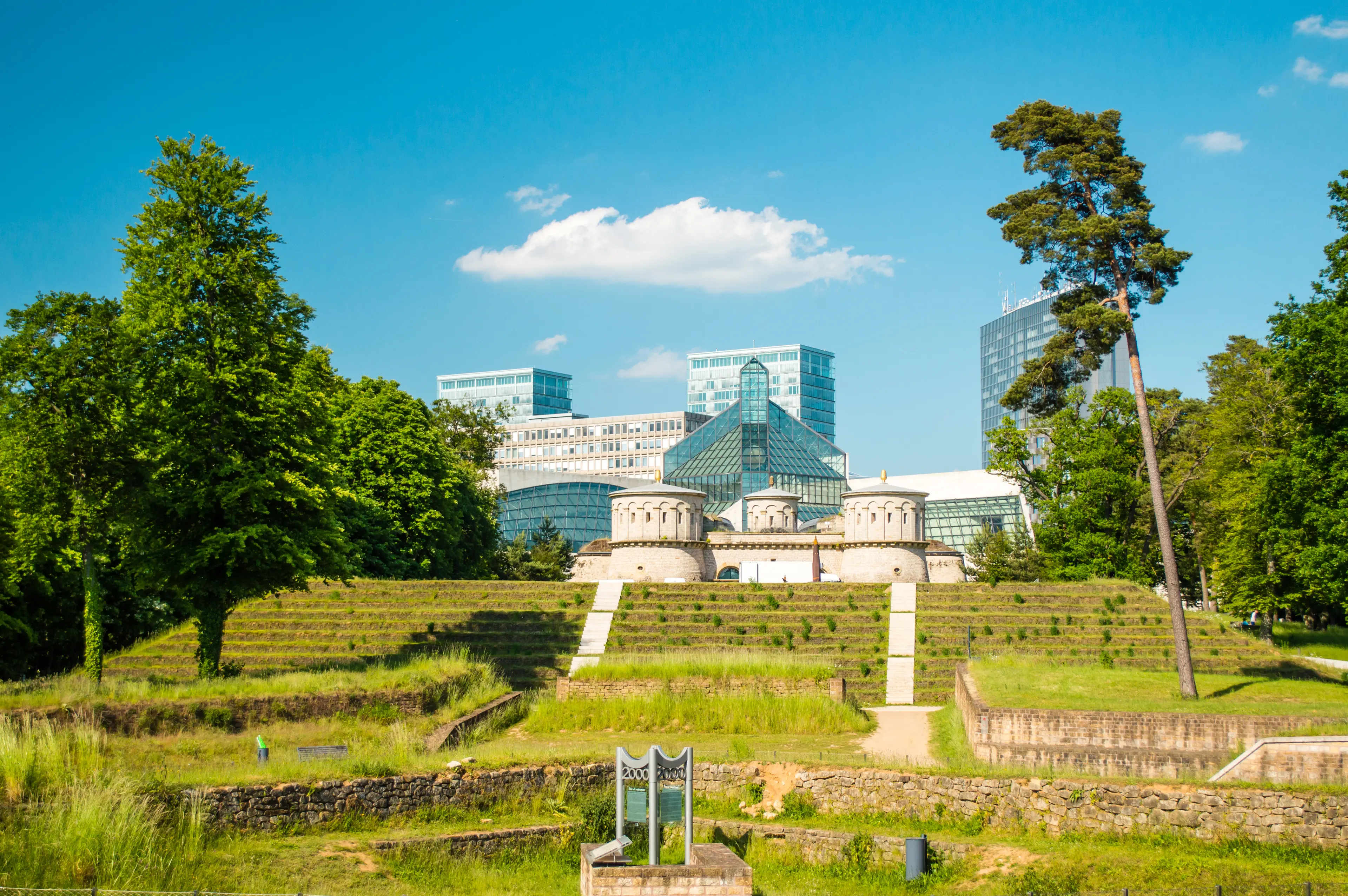Explore Luxembourg: A Three-Day Travel Itinerary
Luxembourg
3 days
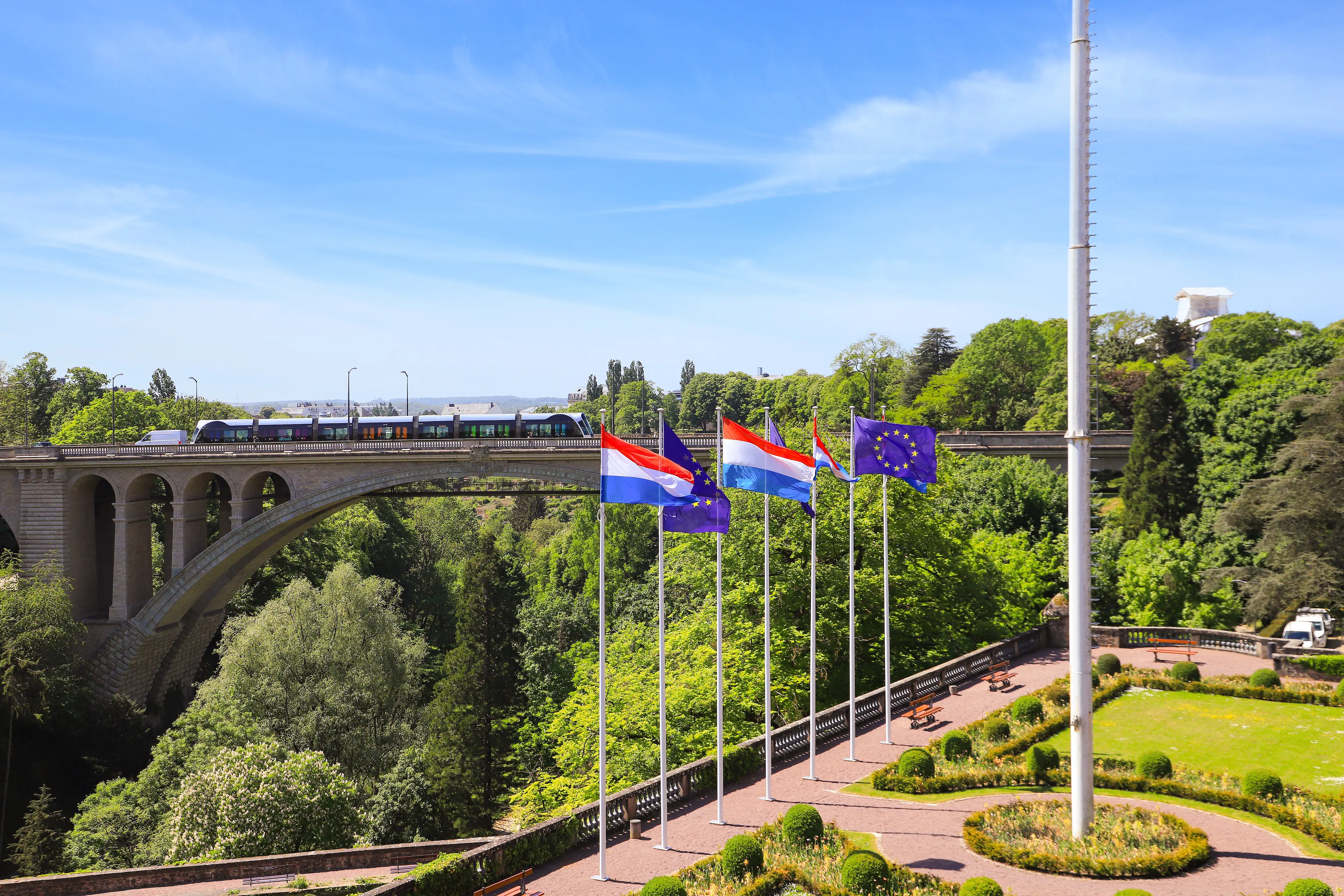
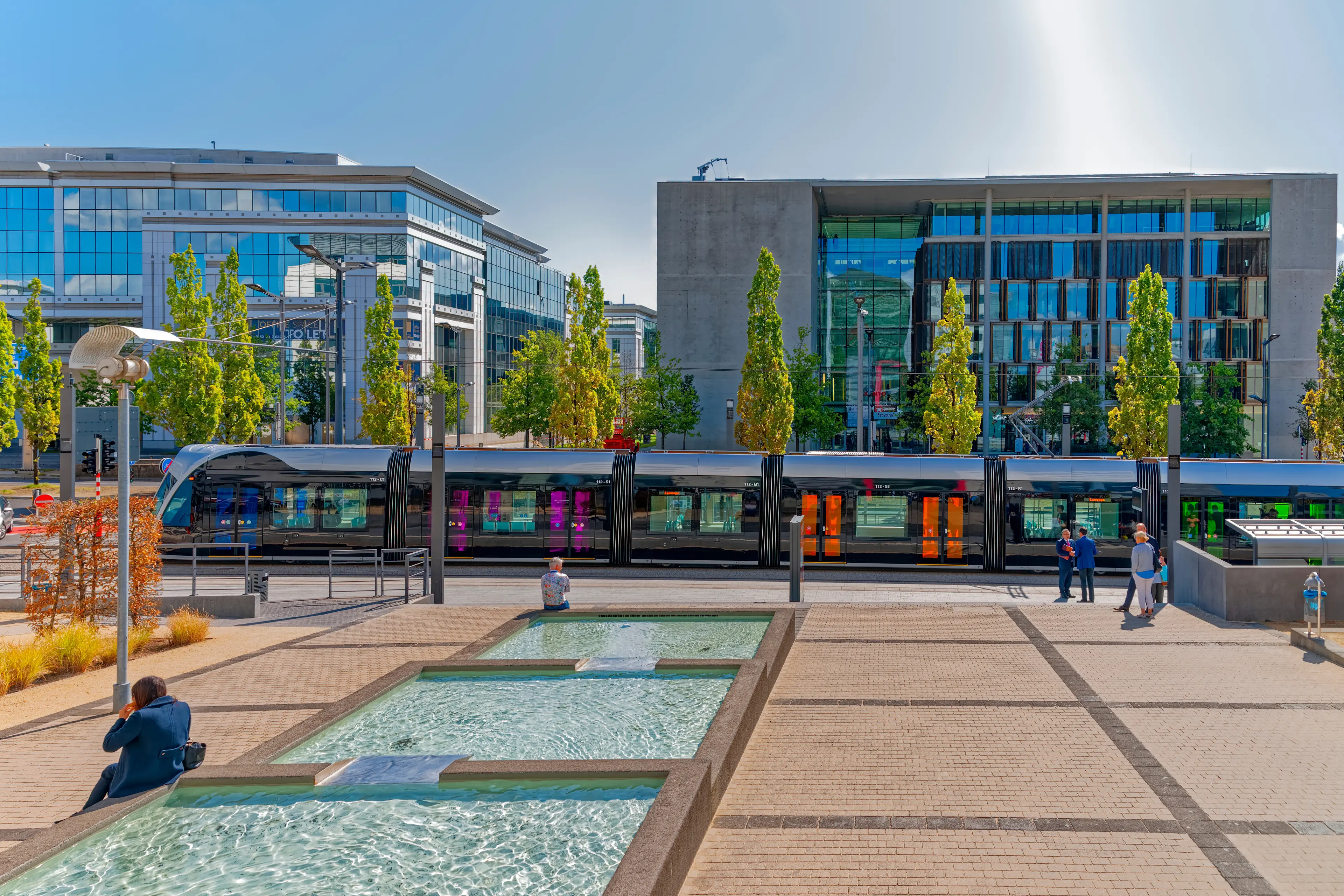

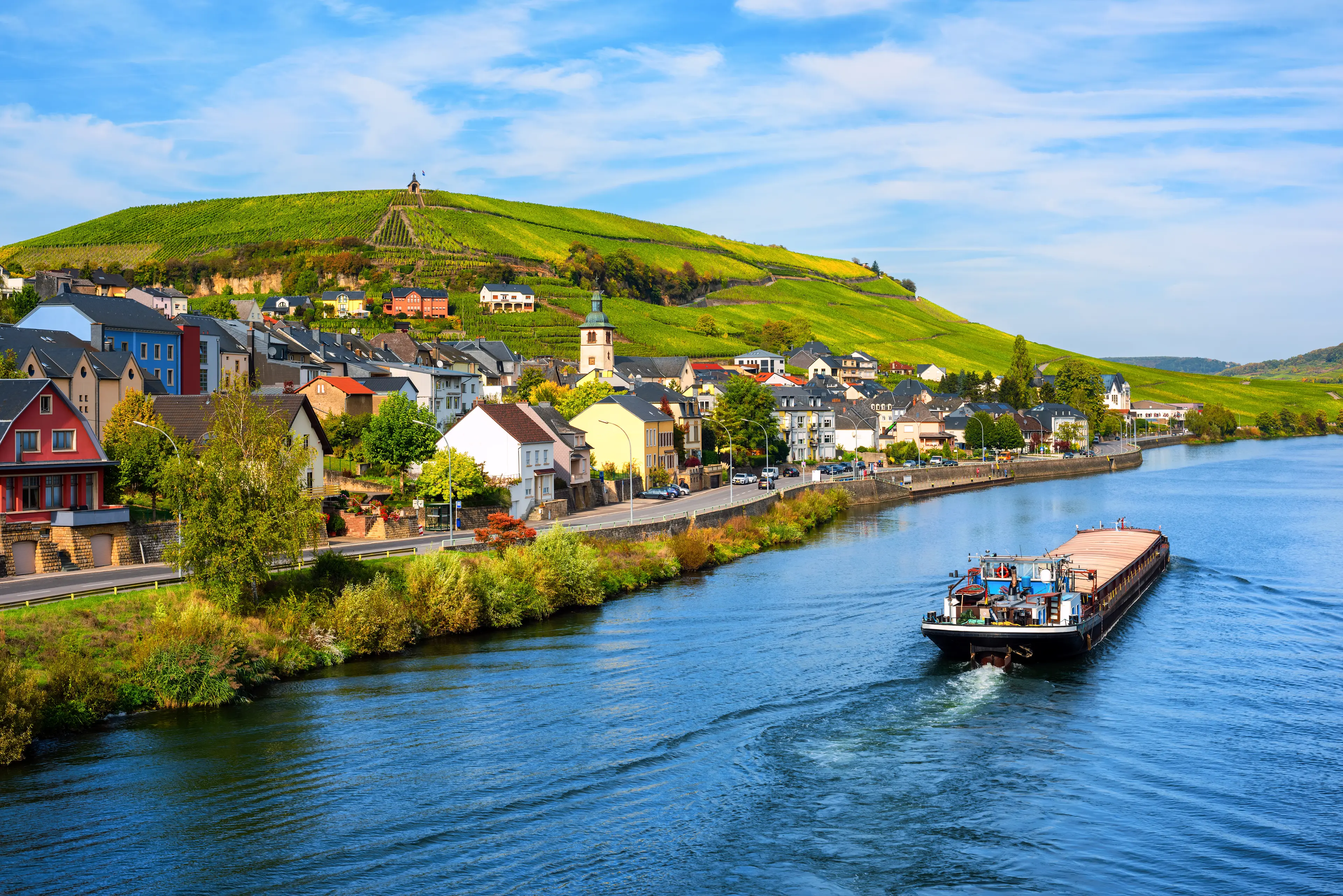

About Luxembourg
Luxembourg, a small European gem, offers a unique blend of French and German cultures. This picturesque country is renowned for its medieval old town, perched atop sheer cliffs, a UNESCO World Heritage site. Luxembourg's countryside features dense Ardennes forests, nature parks, and charming villages. The Moselle wine region and the Mullerthal region, Luxembourg's Little Switzerland, are must-visits. The country is also a hub for international banking and business, making it a perfect destination for both leisure and business travelers. With its rich history, diverse culture, delicious cuisine, and stunning landscapes, Luxembourg promises an unforgettable travel experience.
3-Day Itinerary
Day 2
Discovering Luxembourg's Rich History and Vibrant Nightlife
Morning
Start your second day with a visit to the National Museum of History and Art. Here, you can explore Luxembourg's rich history and culture through various exhibits.
Lunch
Have lunch in a restaurant near the museum. Try Gromperekichelcher, a traditional Luxembourgish potato pancake.
Afternoon
In the afternoon, visit the Notre-Dame Cathedral, a beautiful example of late Gothic architecture with Renaissance adornments. Don't forget to check out the crypt, which houses the remains of several members of the Grand Ducal family.
Dinner
Enjoy a dinner in the Clausen district, known for its vibrant nightlife and gastronomic scene. Try some local beer to accompany your meal.
Evening
Spend the evening exploring the nightlife in Clausen. There are many bars and clubs where you can enjoy live music and meet locals.
Day 3
Art, Nature, and Music in Luxembourg
Morning
On your last day, visit the Mudam, Luxembourg's museum of modern art. The building itself is a masterpiece of contemporary architecture.
Lunch
Have lunch in a restaurant in the Kirchberg district. This area is known for its modern architecture and is home to many European institutions.
Afternoon
Spend the afternoon in the beautiful Parc de Merl, a perfect place to relax and enjoy nature. You can also visit the Villa Vauban, an art museum located in the park.
Dinner
Have your last dinner in Luxembourg in a restaurant in the Limpertsberg district. This area is known for its beautiful Art Nouveau buildings and its lively cultural scene.
Evening
End your trip with a visit to the Philharmonie Luxembourg, one of the most important concert halls in Europe. Enjoy a concert or simply admire the stunning architecture of the building.
Attractions in Itinerary (8)
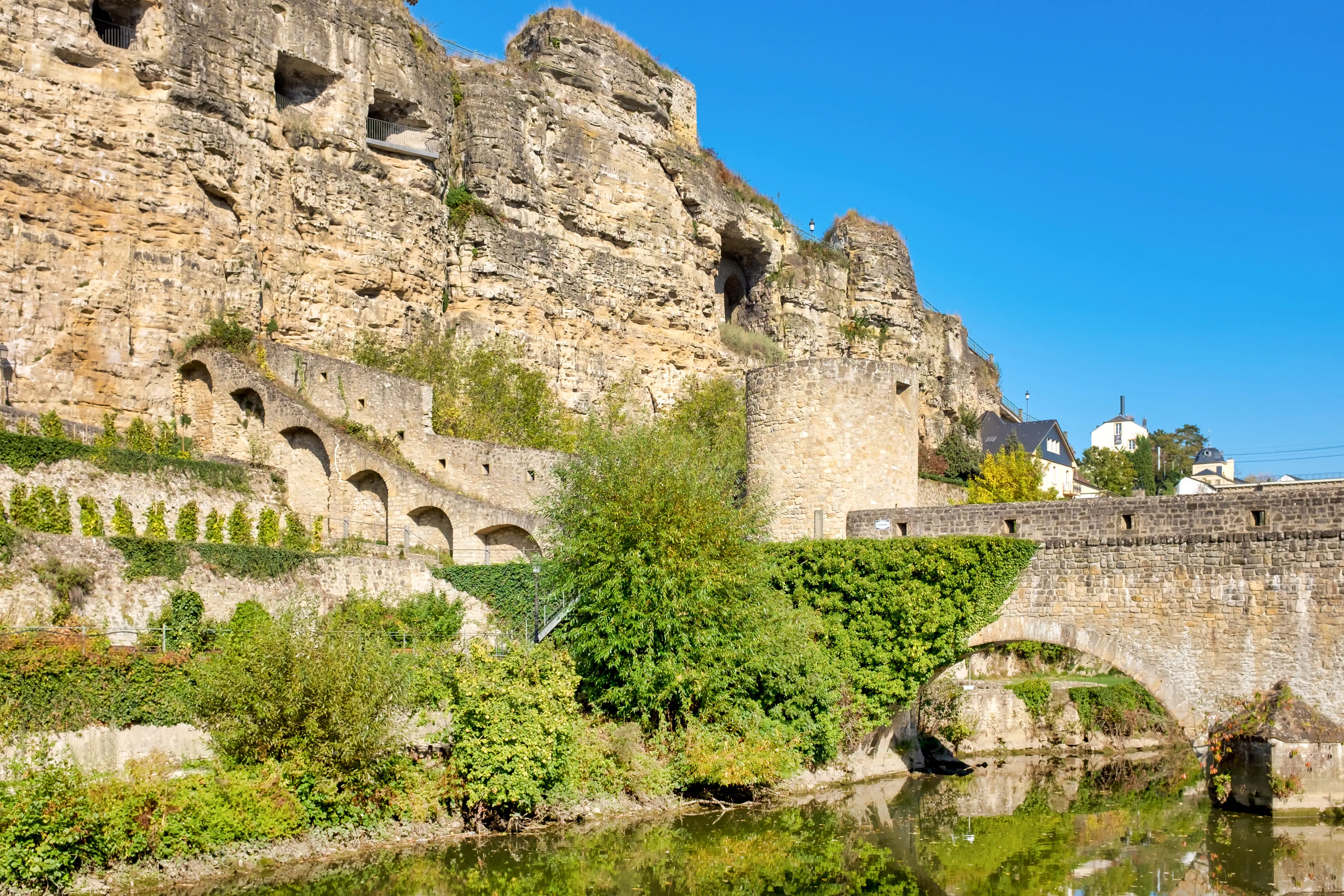
1Bock Casemates
The Bock Casemates are a vast complex of underground tunnels and galleries in Luxembourg City, used for defense purposes in the past. They offer a unique insight into the city's military history.
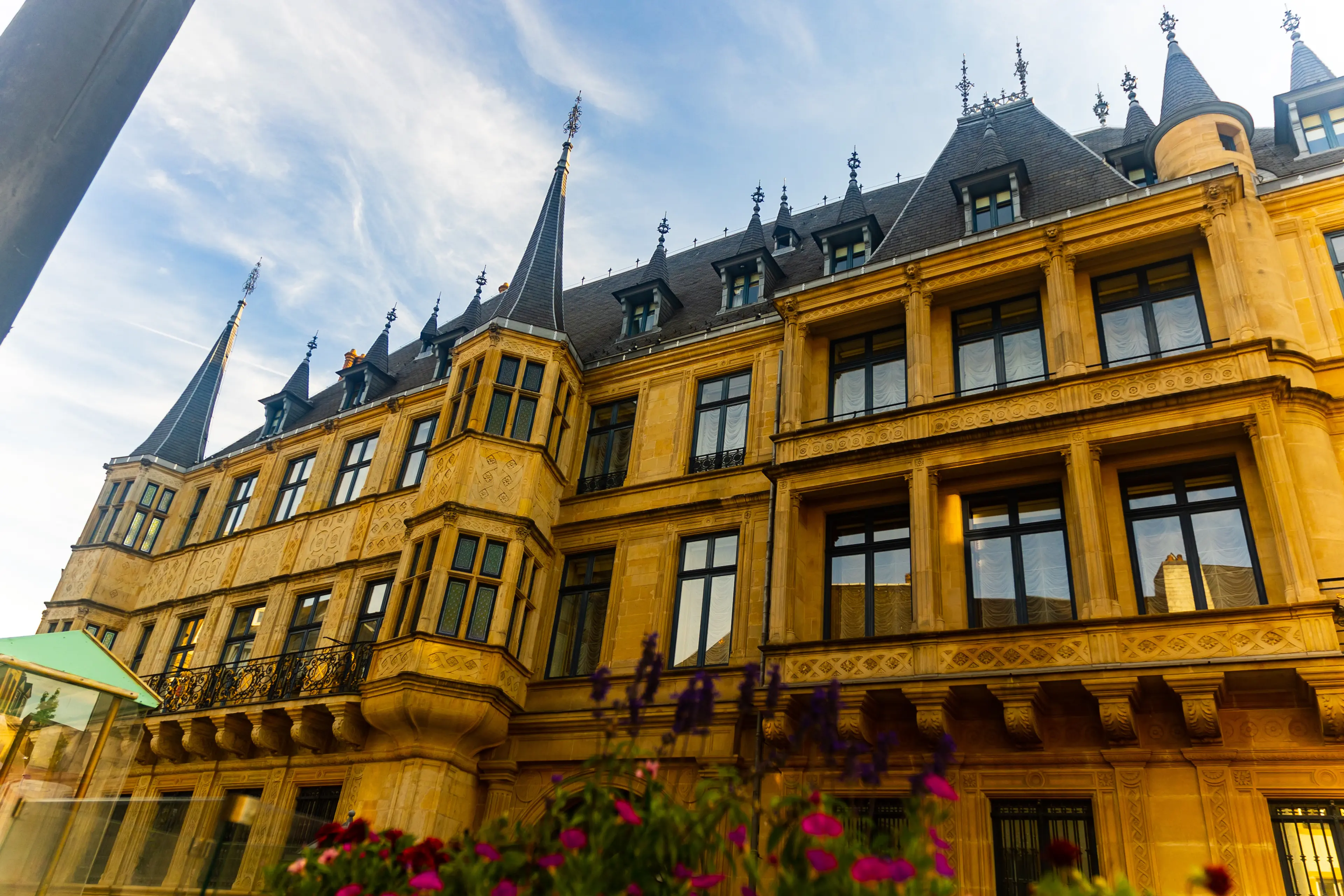
2Grand Ducal Palace
The Grand Ducal Palace is the official residence of the Grand Duke of Luxembourg, and where he performs most of his duties as head of state of the Grand Duchy.
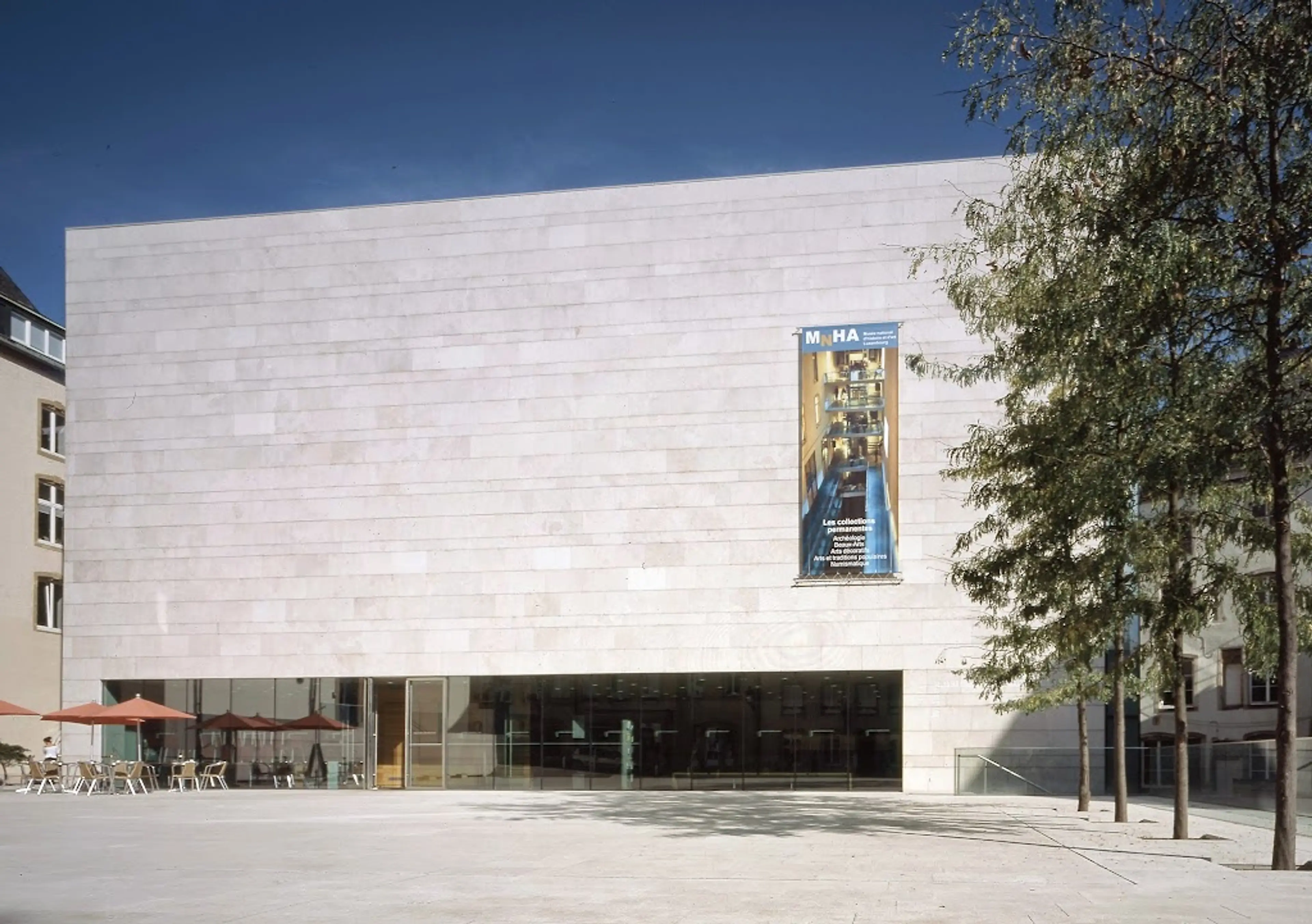
3National Museum of History and Art
The museum houses a vast range of artifacts and artworks, from prehistoric times to the contemporary era, reflecting Luxembourg's cultural history.
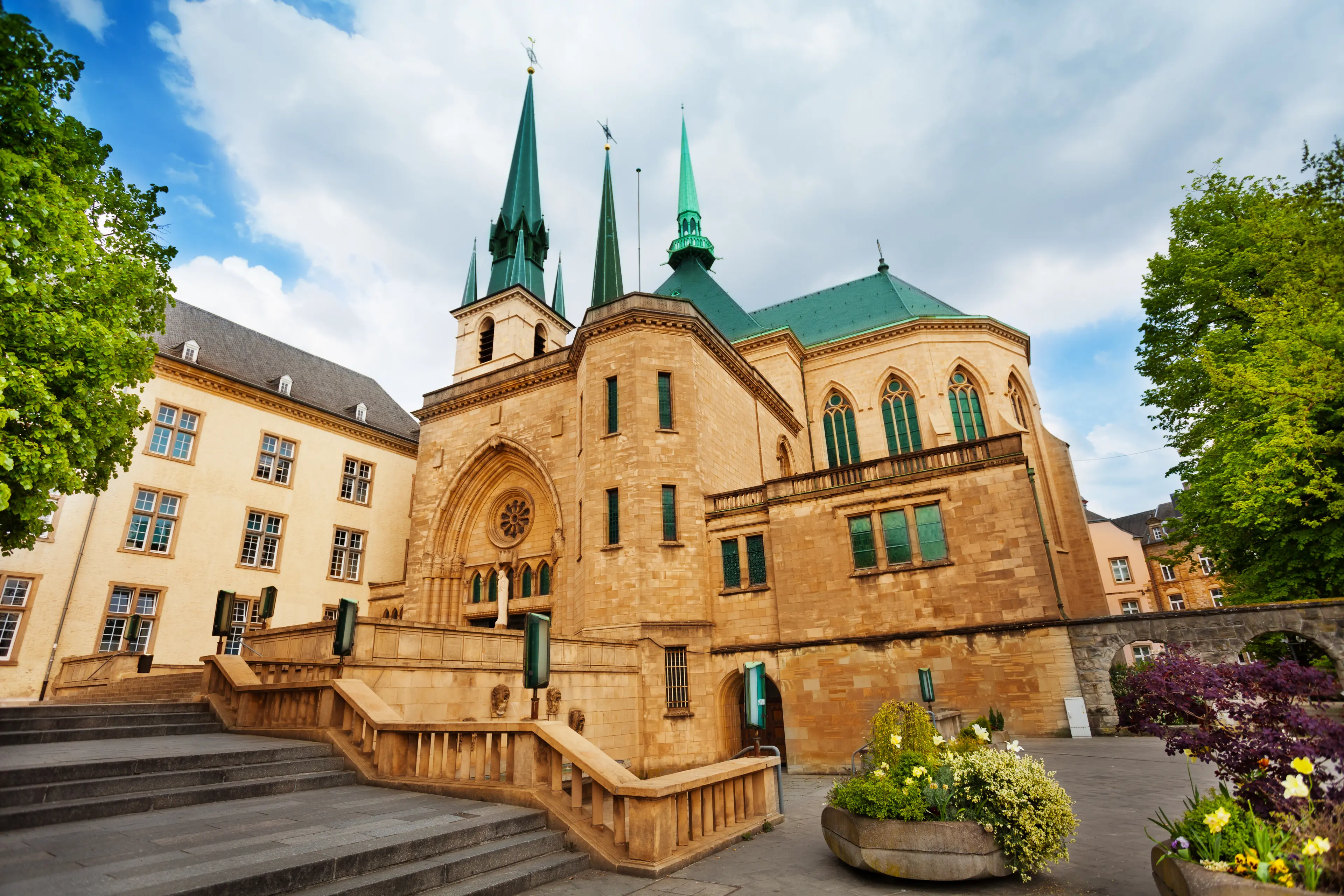
4Notre-Dame Cathedral
The Notre-Dame Cathedral is a Roman Catholic cathedral in Luxembourg City. It was originally a Jesuit church, and its cornerstone was laid in 1613. It is the only cathedral in Luxembourg.
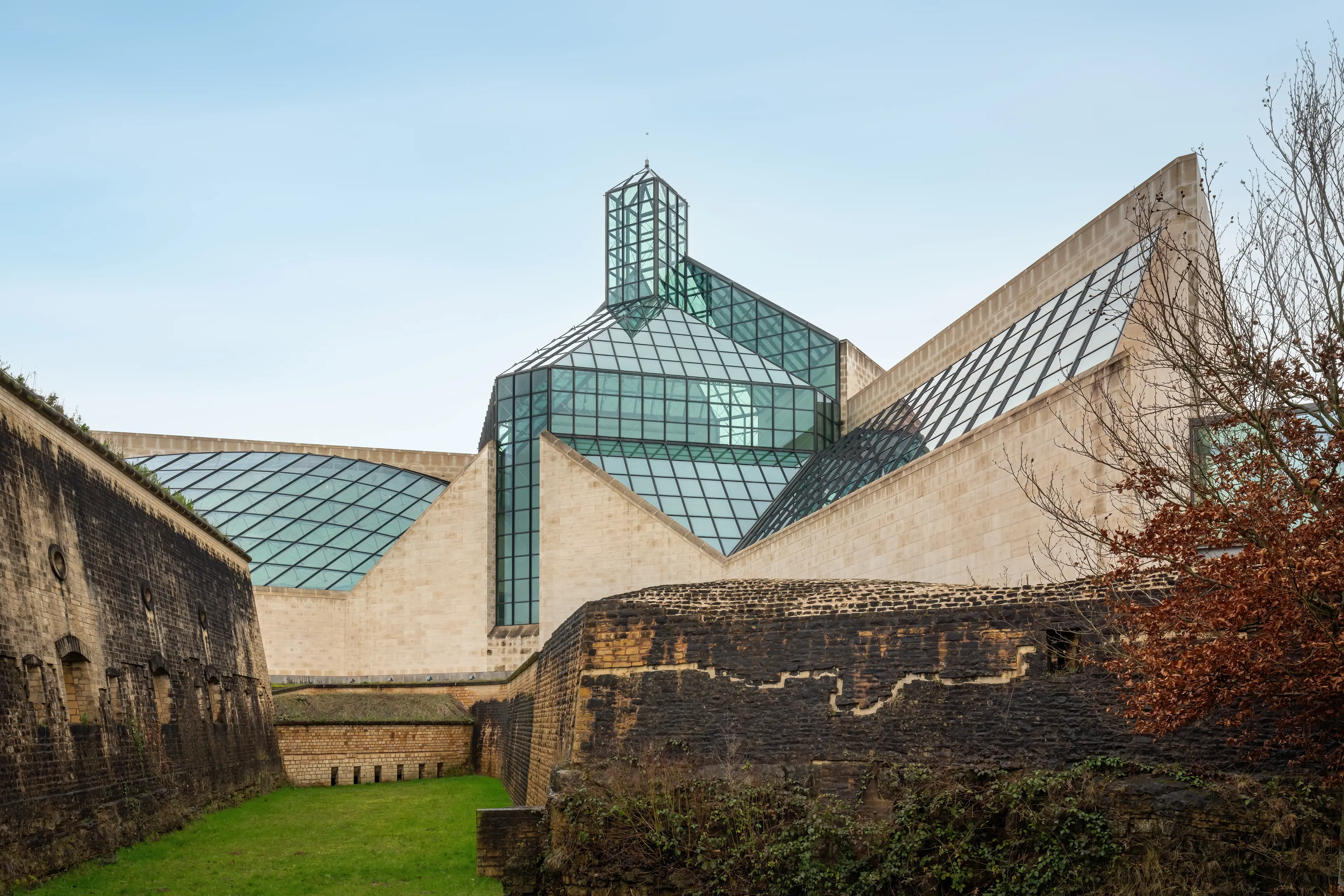
5Mudam
The Grand Duke Jean Museum of Modern Art, commonly known as Mudam, is a museum of modern art in Luxembourg City, in southern Luxembourg. The museum stands on the site of the old Fort Thüngen, in the Kirchberg quarter, in the northeast of the city.
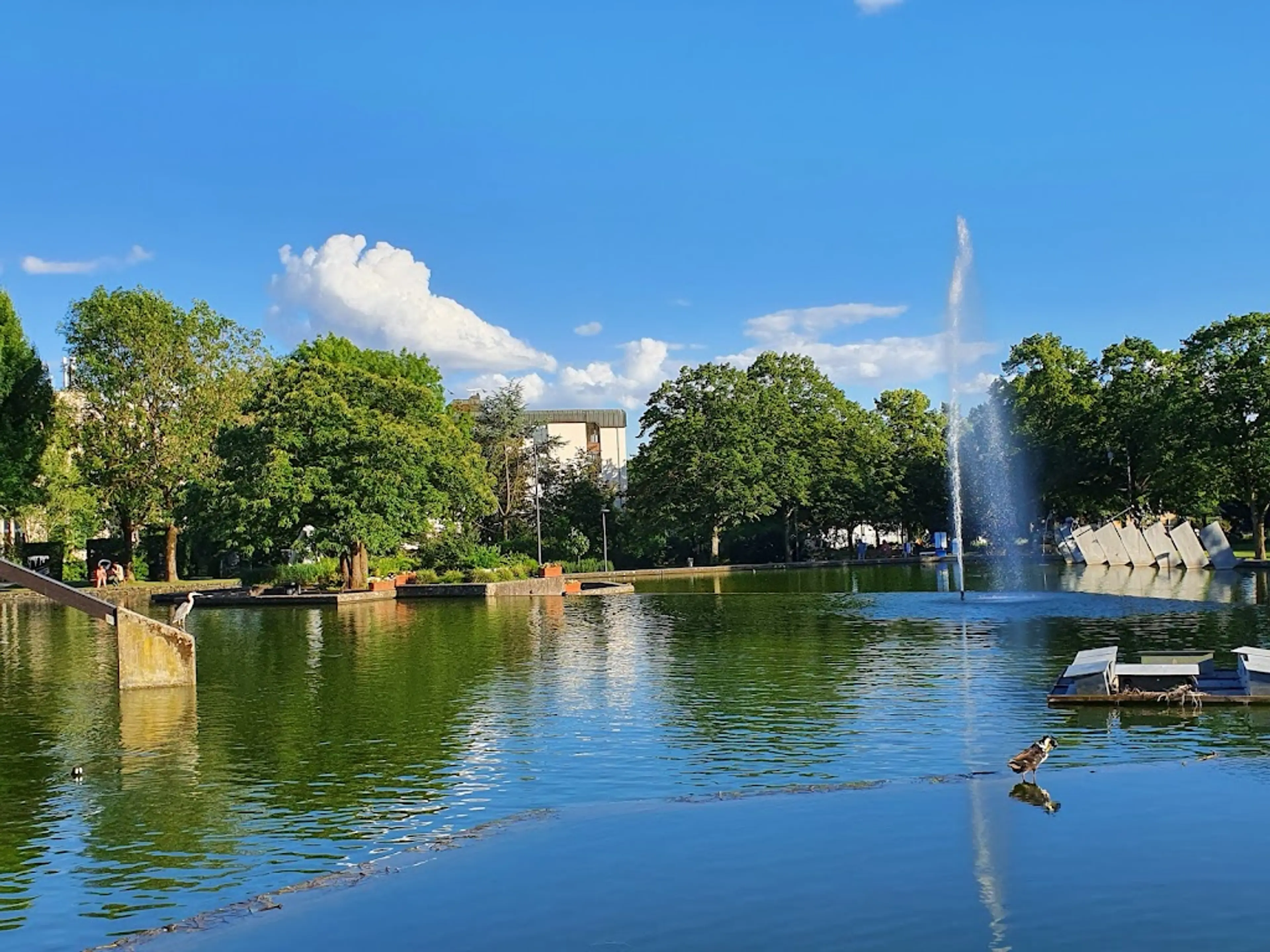
6Parc de Merl
A beautiful city park with a pond, playground, and plenty of green space for relaxation.
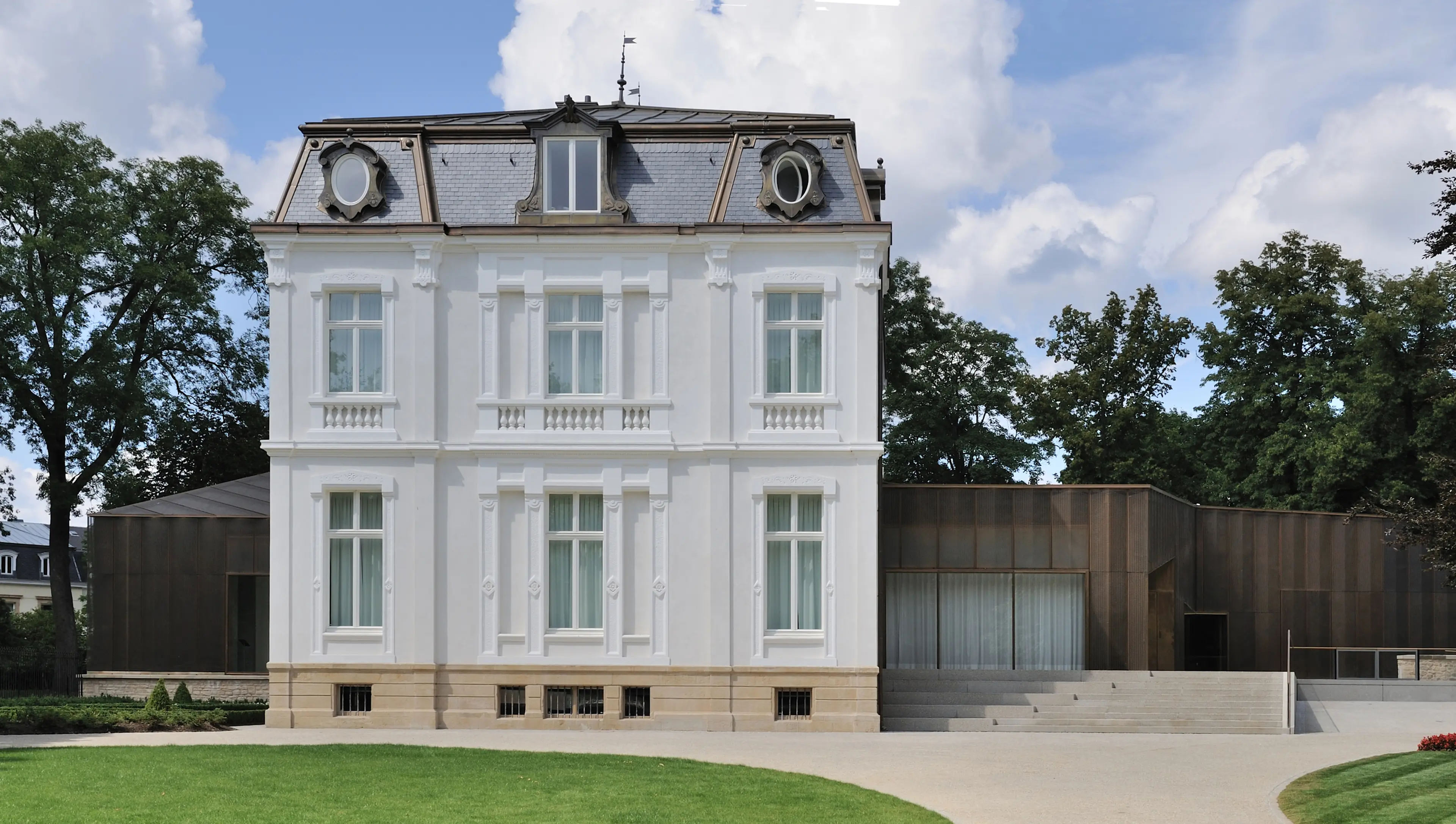
7Villa Vauban
Villa Vauban is an art museum in Luxembourg City. The villa was built in 1873 and it's known for its mix of classical and contemporary architecture. The museum houses a collection of works from the 17th to the 19th century.
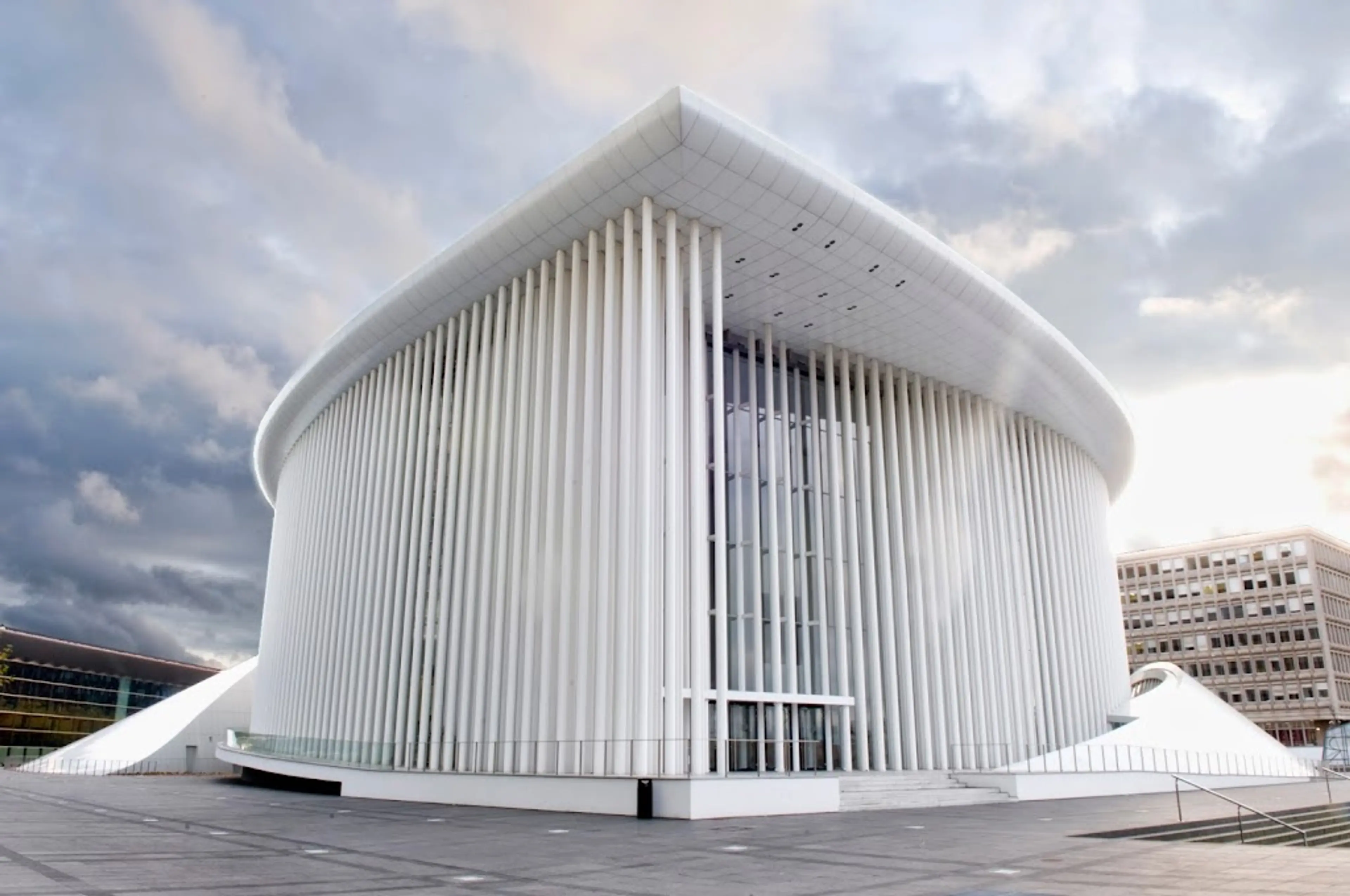
8Philharmonie Luxembourg
A concert hall with a modern architecture, known for its exceptional acoustics and diverse program of classical and contemporary music.
Local Food and Drinks (11)
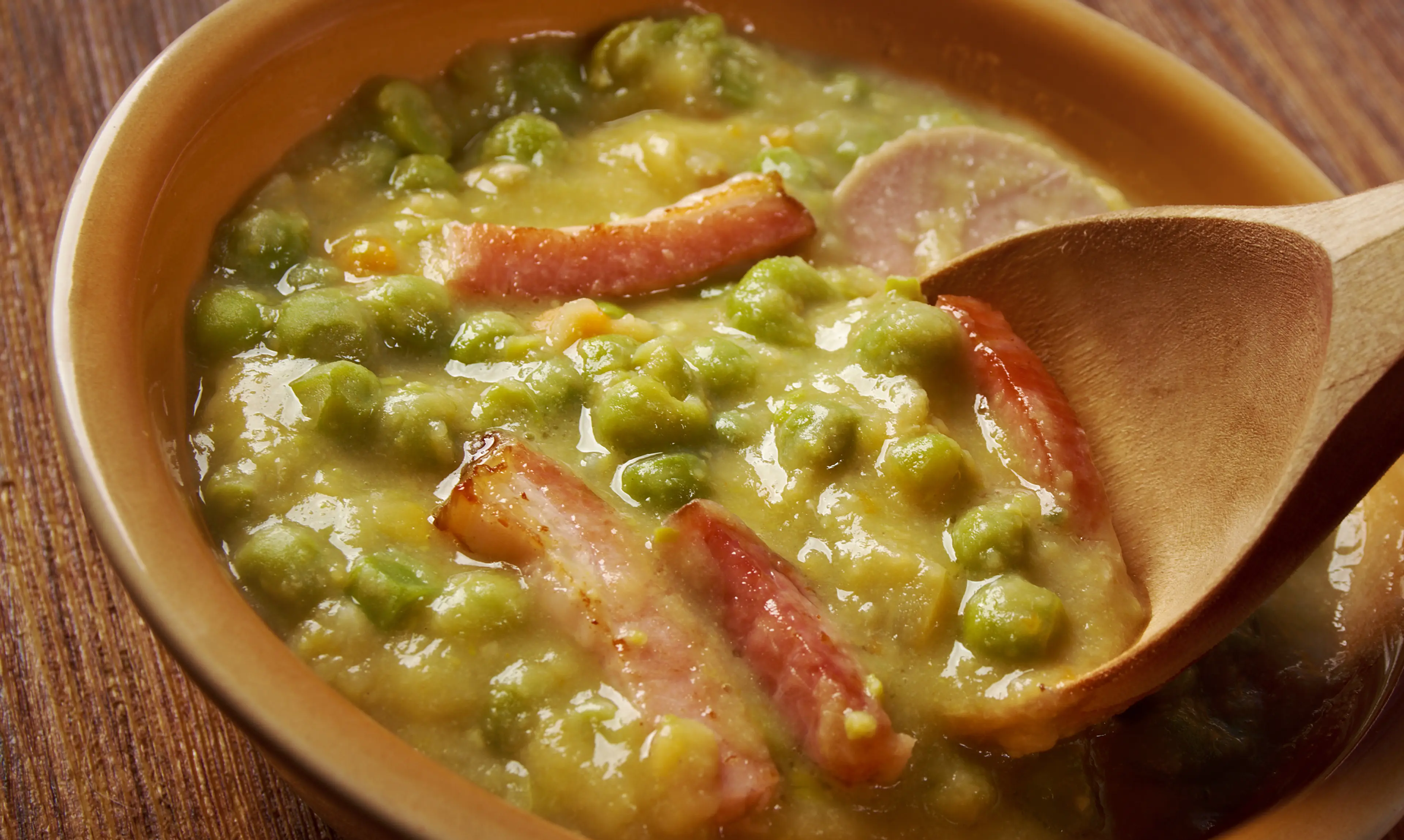
Bouneschlupp
A traditional Luxembourgish green bean soup with potatoes, bacon, and sometimes milk or cream. It's a hearty dish that's popular in Luxembourg.
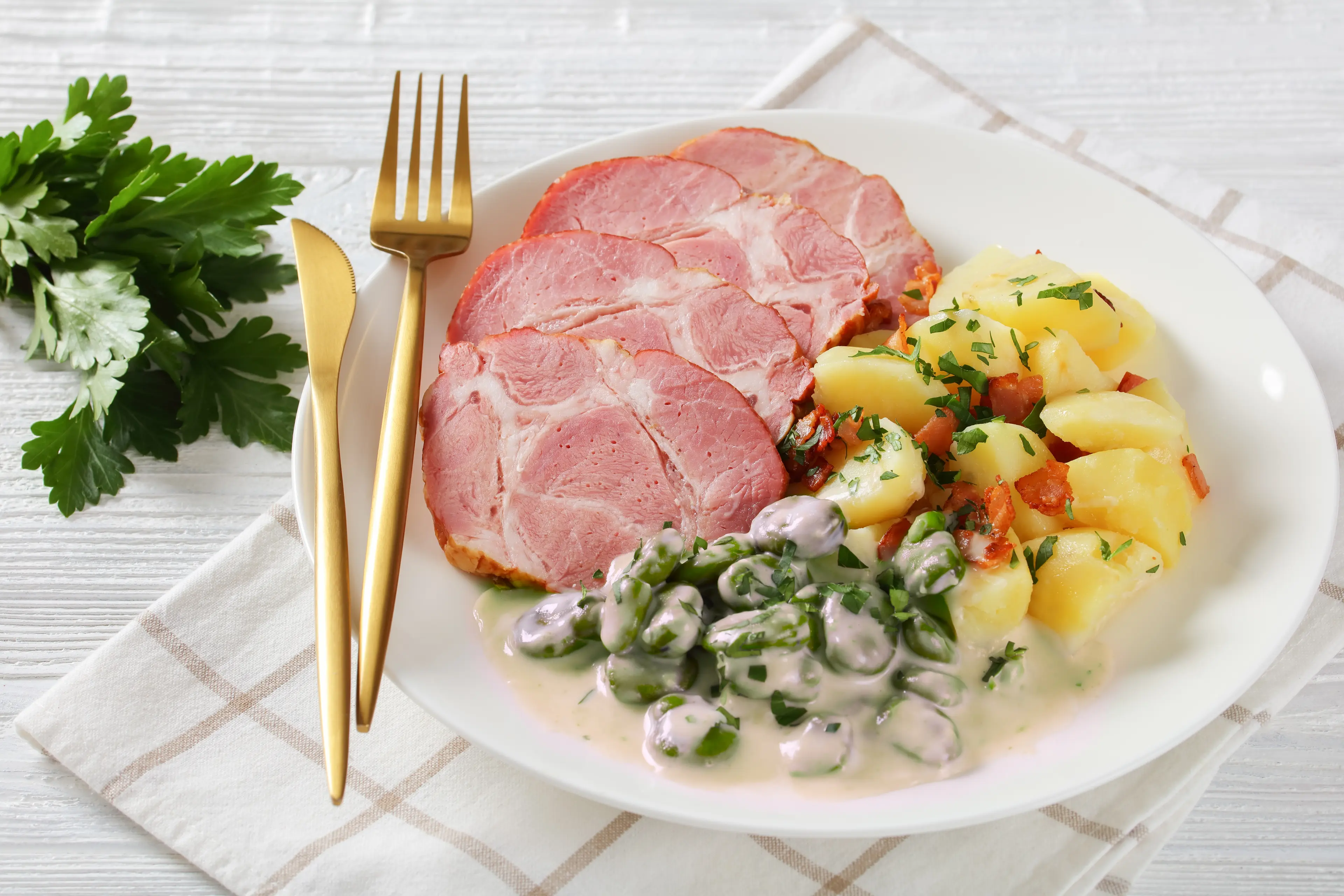
Judd mat Gaardebounen
A national dish of Luxembourg, it consists of smoked collar of pork with broad beans. The meat is soaked overnight, boiled with vegetables and spices, and served with the beans and boiled potatoes.
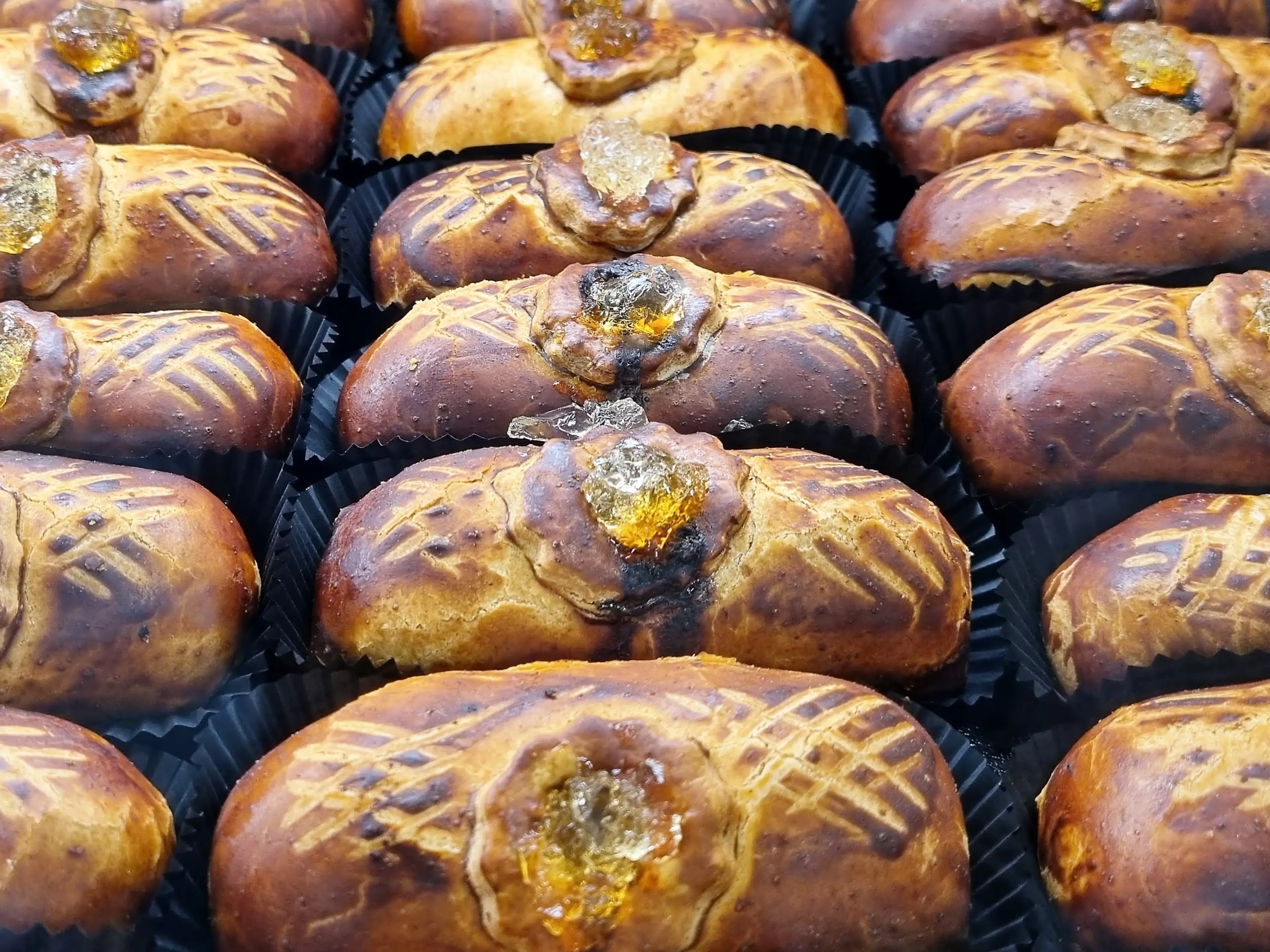
Rieslingspaschtéit
A popular dish in Luxembourg, it's a puff pastry pie filled with a mix of chopped meat, onions, parsley, and Riesling wine.
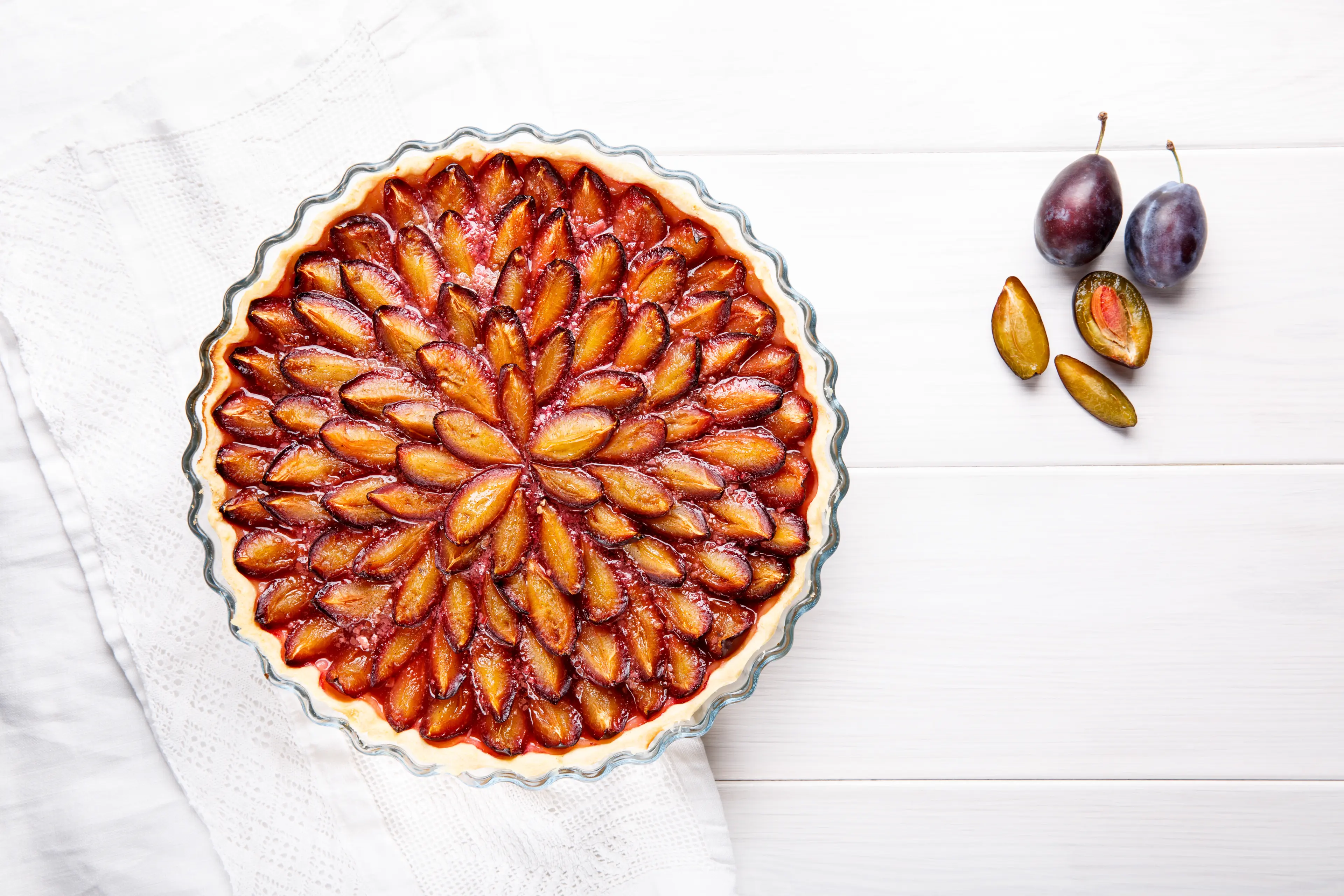
Quetschentaart
A plum tart, it's one of Luxembourg's traditional desserts. It's made from gelled plum compote in a sweet shortcrust pastry.
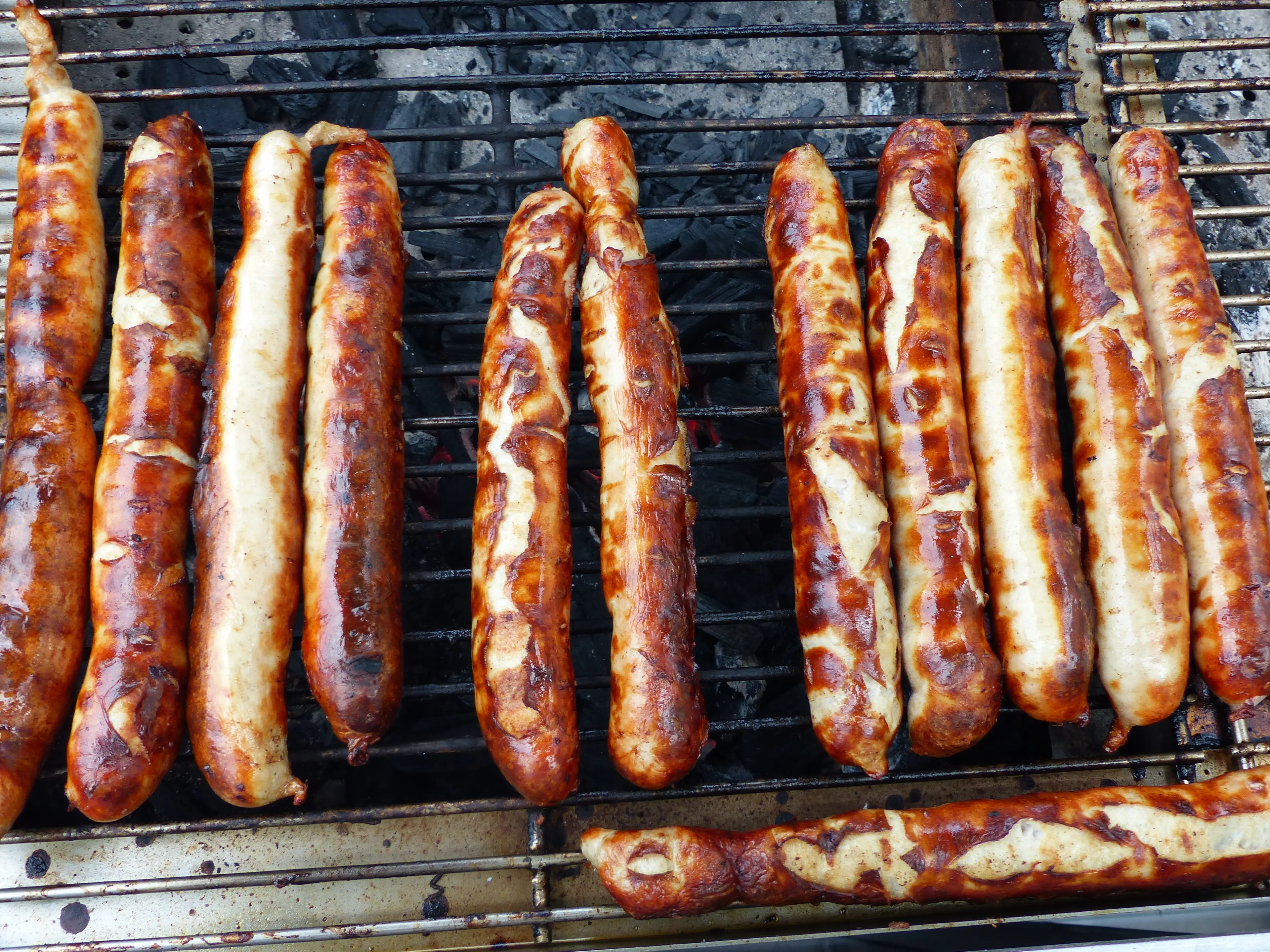
Thüringer
Thüringer sausages are small, spicy sausages that are often grilled and served with mustard and bread. They are a popular street food in Luxembourg.
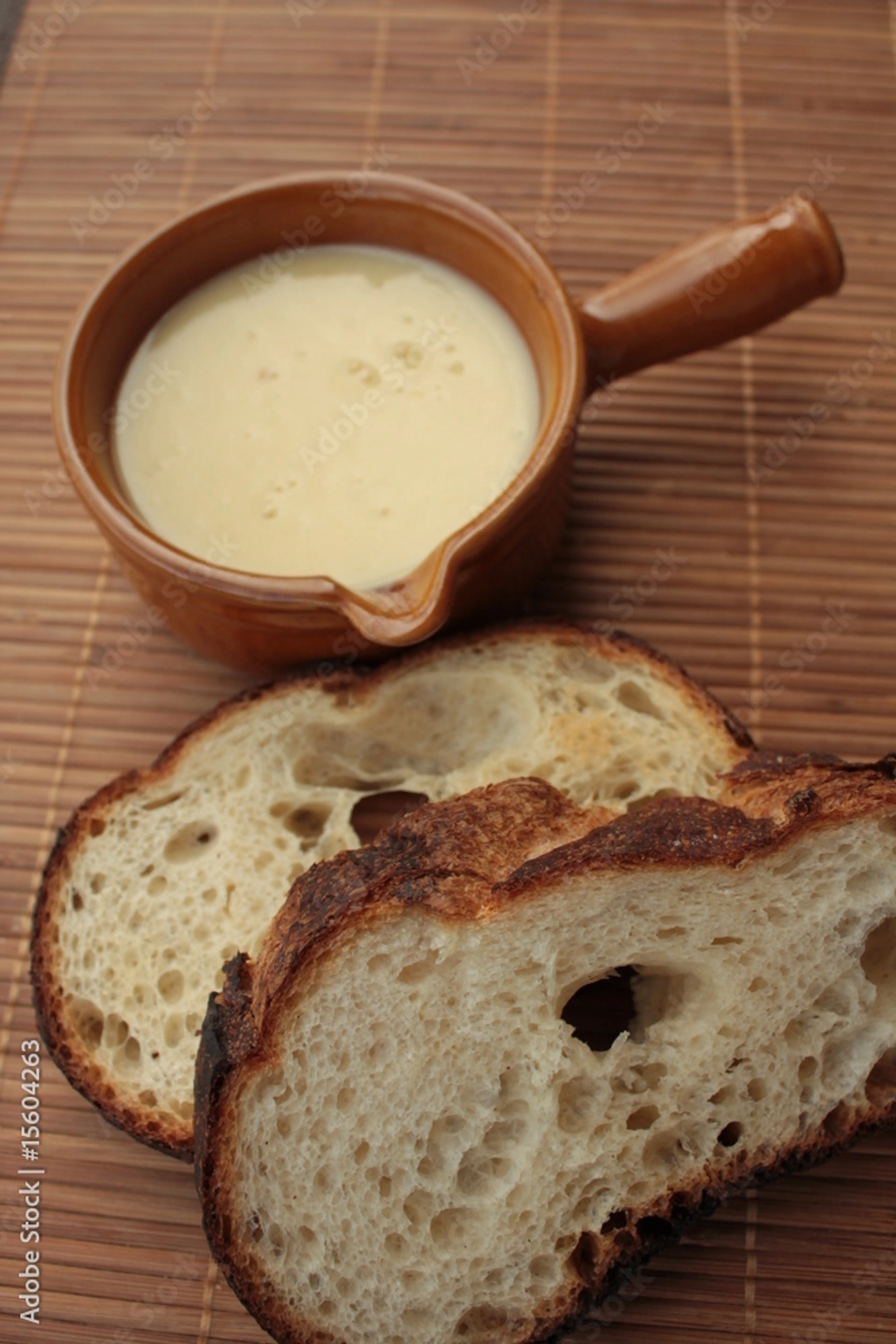
Kachkéis
Also known as 'cook cheese', Kachkéis is a creamy, spreadable cheese that's typically served on bread. It's a traditional Luxembourgish food.
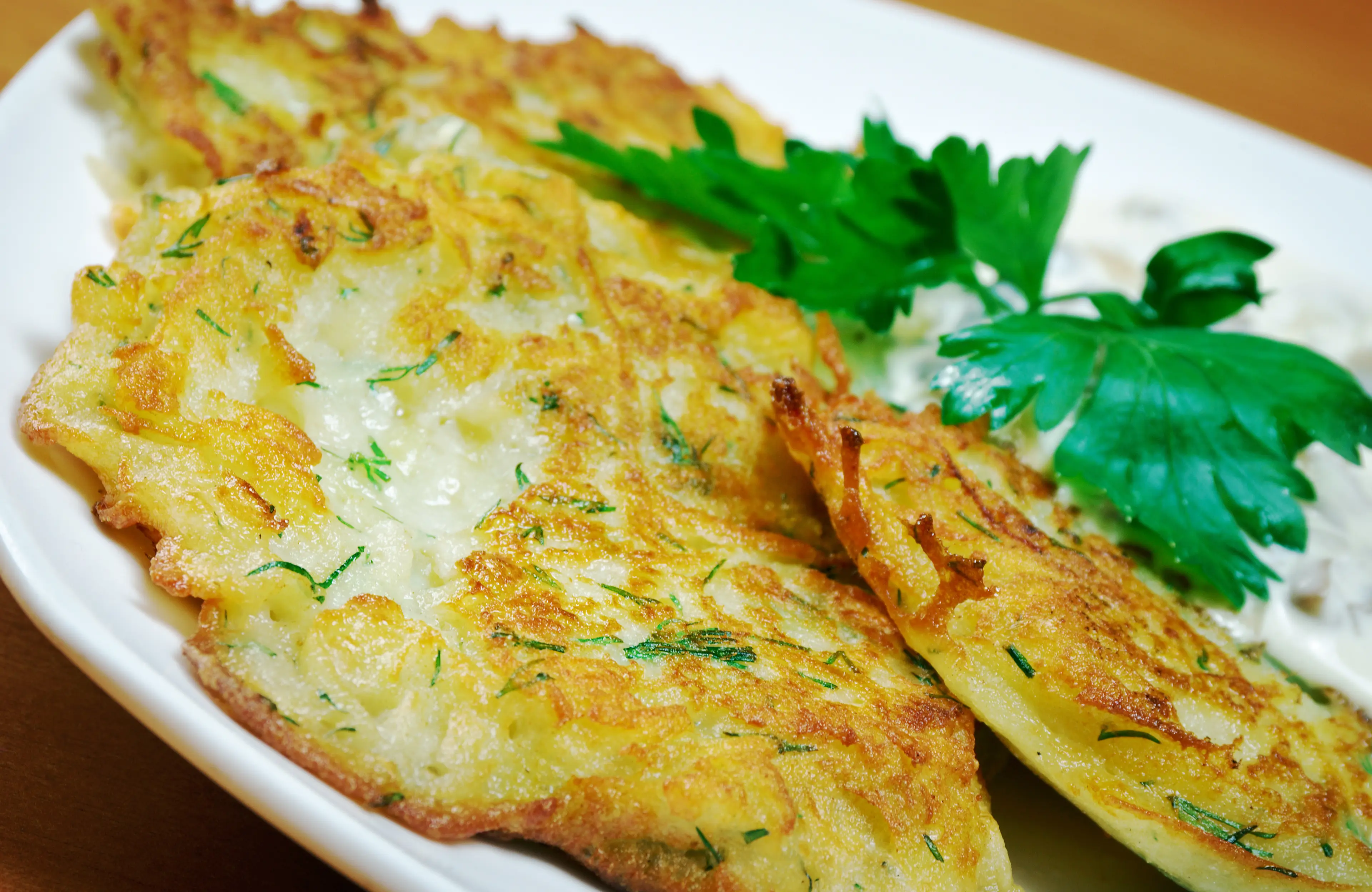
Gromperekichelcher
These are crispy fried potato cakes, often spiced with marjoram and nutmeg. They're a popular snack at Luxembourg's Christmas markets.
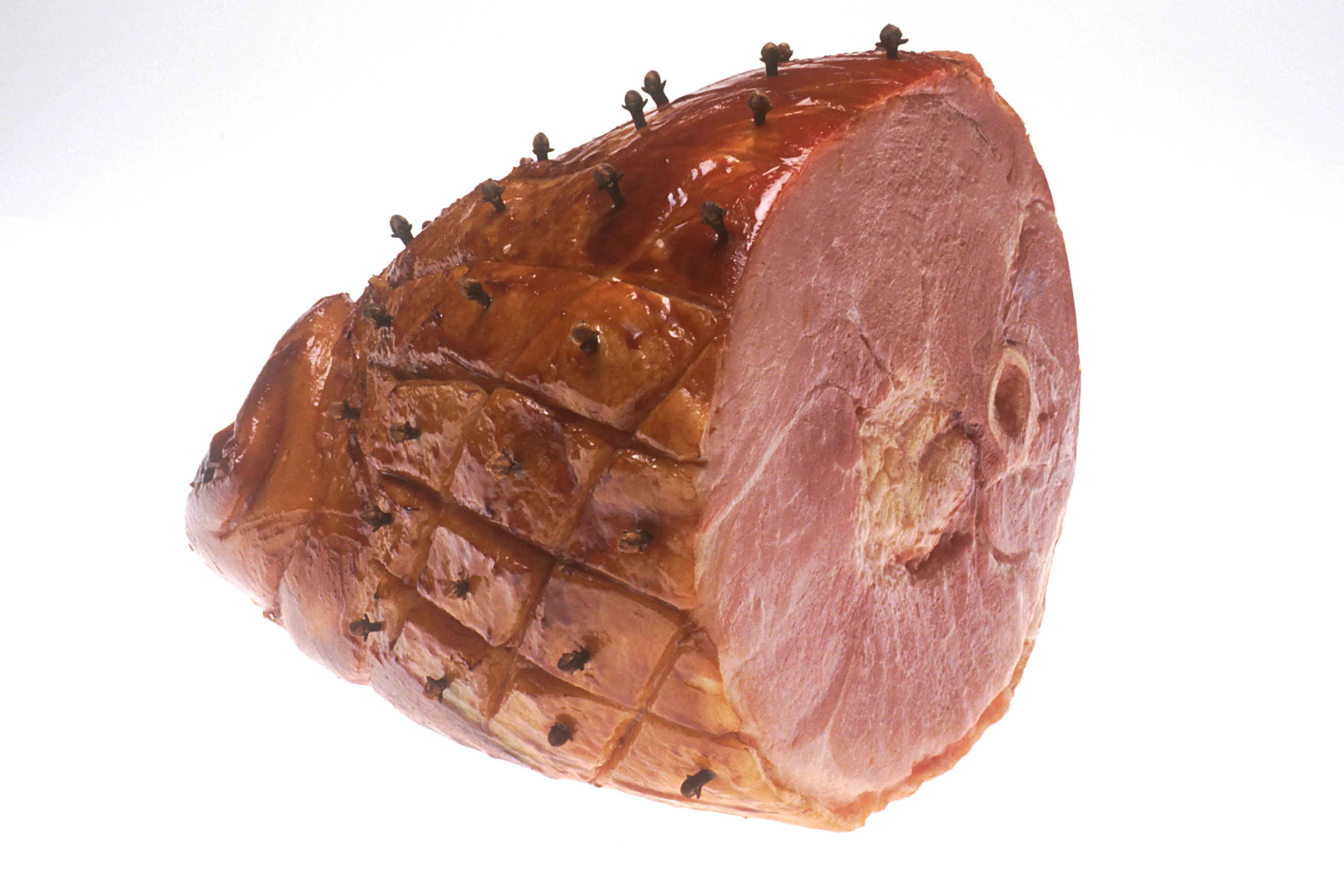
Éisleker Ham
A type of smoked ham from the north of Luxembourg. It's often served thinly sliced with bread and a glass of local wine.
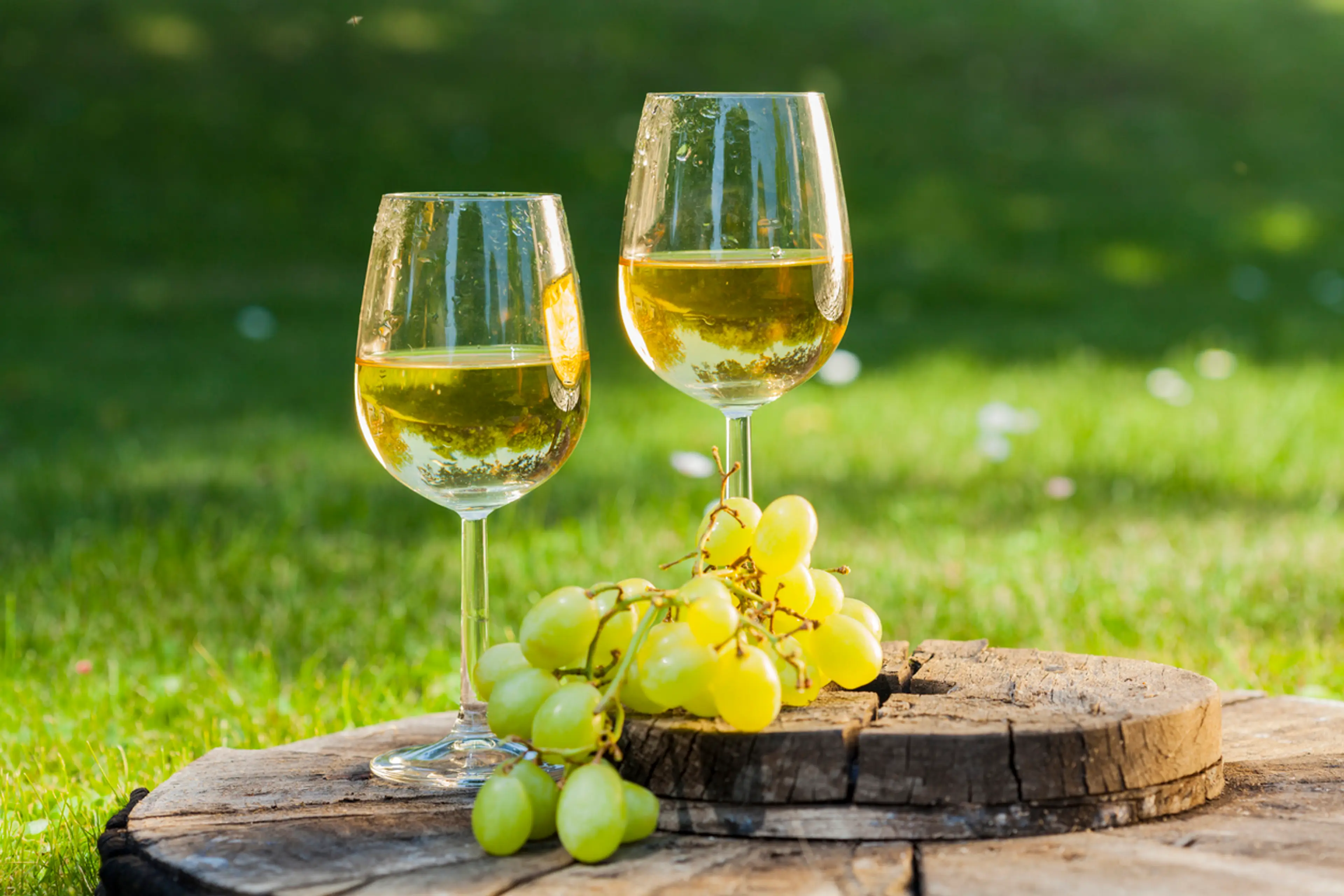
Riesling
Riesling is a type of white wine that's produced in the Moselle region of Luxembourg. It's known for its floral, fruity aroma and high acidity.
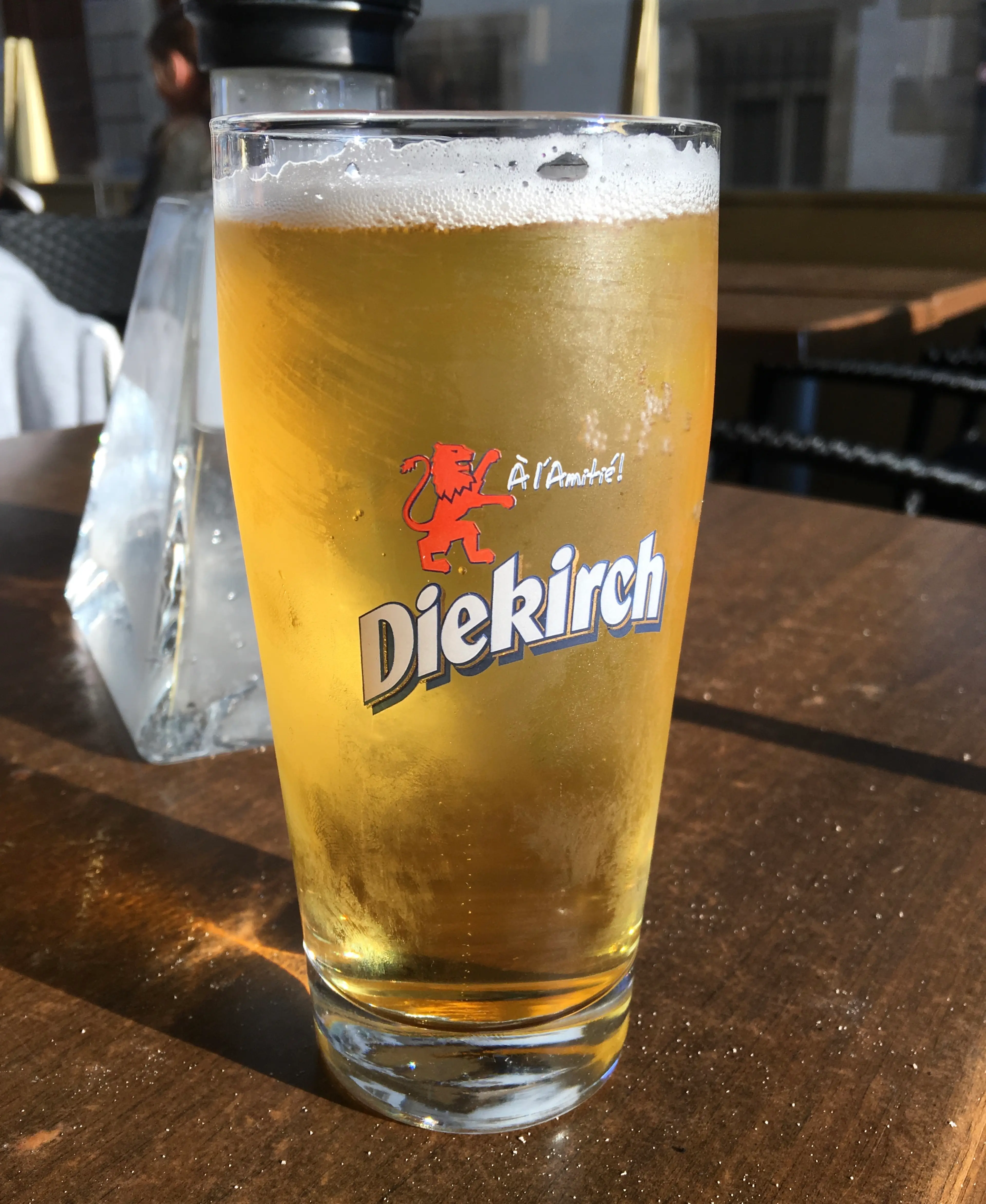
Diekirch
Diekirch is a popular local beer in Luxembourg. It's a pale lager with a light, crisp taste.
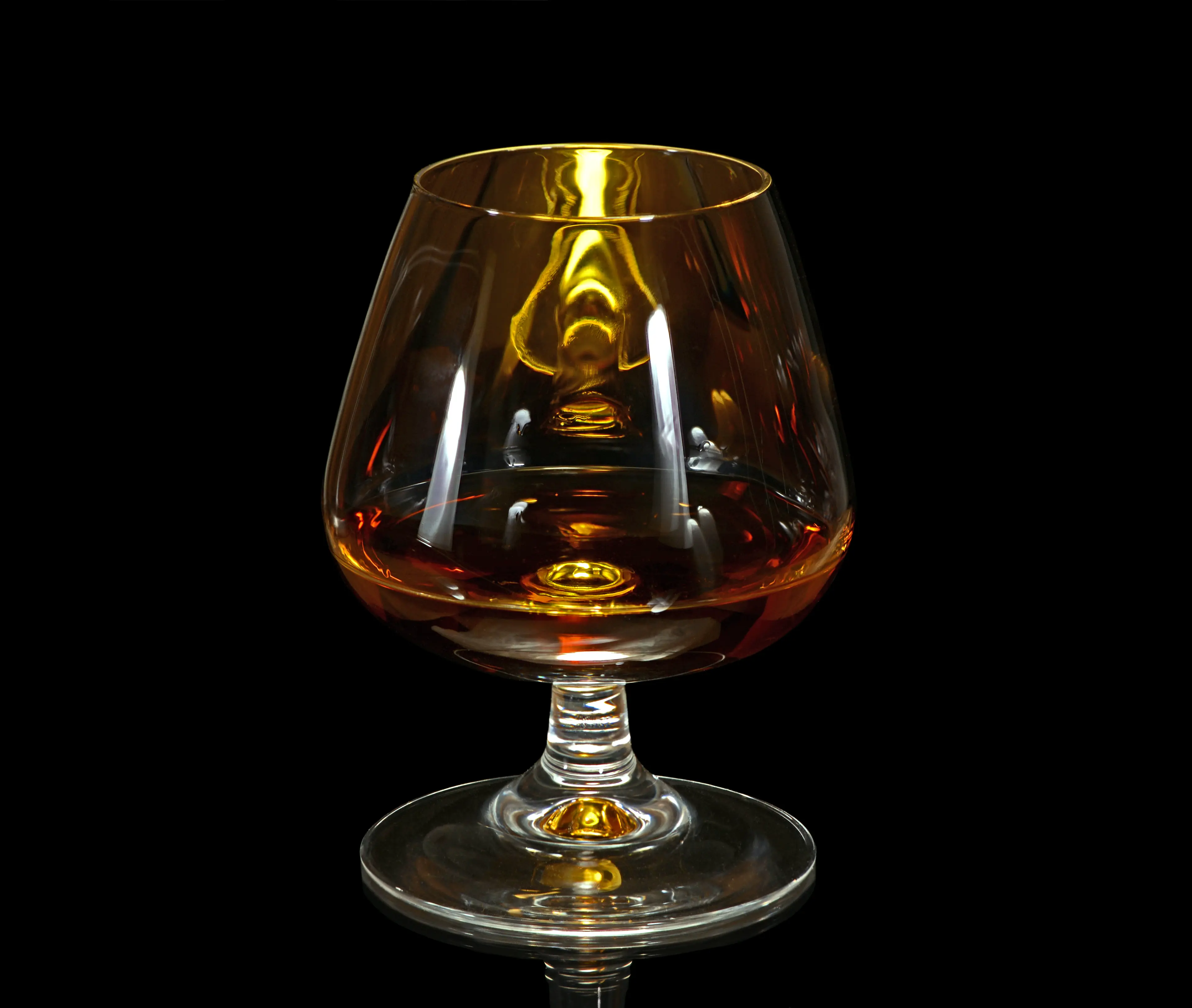
Mirabelle Plum Brandy
A brandy made from mirabelle plums, a fruit that's abundant in Luxembourg. The brandy is known for its sweet, smooth flavor.
Best time to visit
The best time to visit Luxembourg is between May and September when the weather is warm and pleasant. During these months, you can fully enjoy outdoor activities and sightseeing. The country also hosts various events and festivals during this period, adding to the overall experience. However, if you prefer a quieter vacation, the shoulder seasons of April and October are also good options with fewer crowds.
How to get around
Train
Luxembourg has a well-developed railway network, connecting all major towns and cities. Trains are comfortable, reliable and punctual, making them a popular choice for both locals and tourists.
Bus
The bus service in Luxembourg is extensive and efficient, covering the entire country. Buses are a cost-effective way to travel and are particularly useful for reaching smaller towns and villages that are not served by the train network.
Car
Renting a car is a convenient option for those who prefer the flexibility of self-drive travel. Luxembourg's roads are well-maintained and signposted, and driving allows you to explore the country at your own pace.
Bicycle
Cycling is a popular mode of transport in Luxembourg, thanks to the country's extensive network of well-maintained bike paths. Bicycles can be rented from numerous locations across the country.
Ridesharing
Ridesharing services such as Uber are available in Luxembourg, offering a convenient and often cost-effective alternative to traditional taxis. These services can be booked and paid for via a smartphone app.
Taxi
Taxis are readily available in Luxembourg, particularly in the capital city. They can be hailed on the street, booked in advance, or picked up from designated taxi ranks.
Tram
Luxembourg City has a modern tram system that provides a quick and efficient way to get around the city. The trams are clean, comfortable and punctual, and the network covers many of the city's key attractions.
Foot
Luxembourg City is compact and pedestrian-friendly, making walking an enjoyable and practical way to get around. Many of the city's main attractions are within easy walking distance of each other.
Boat
Boat tours are a popular way to explore the Moselle Valley, offering a unique perspective on the region's beautiful scenery and historic towns. Regular services operate between Luxembourg and Germany.
Important information
Currency€ EUR
Time zoneUTC+1
Driving sideRight
Emergency phone112/ 113
Drinking waterYes
Power sockets
Voltage230 V
Things to know about Luxembourg as a first time visitor
1
Luxembourg is a trilingual country. The official languages are Luxembourgish, French, and German. However, English is widely spoken, especially in tourist areas.
2
The currency used in Luxembourg is the Euro (€). Credit cards are widely accepted, but it's always a good idea to carry some cash.
3
Luxembourg is a very safe country with low crime rates. However, like anywhere else, it's important to be aware of your surroundings and keep your belongings secure.
4
The country has a temperate maritime climate, with moderate to heavy rainfall throughout the year. Summers can be warm, with temperatures reaching up to 86°F (30°C), while winters can be quite cold, with temperatures dropping to 32°F (0°C) or lower.
5
Luxembourg has an excellent public transportation system, including buses, trains, and trams. It's also the first country in the world to make all public transportation free of charge.
6
Tipping is not mandatory in Luxembourg as service charge is usually included in the bill. However, it's common to leave small change if you're satisfied with the service.
7
Luxembourg is a member of the Schengen Agreement, which means that citizens of many countries can visit without a visa for up to 90 days.
8
Luxembourg is one of the smallest countries in Europe, but it's also one of the richest. Prices for food, accommodation, and other services can be higher than in other European countries.
9
The country has a high standard of healthcare. However, it's recommended to have travel insurance that covers medical expenses.
10
Luxembourg is known for its banking sector. If you need to exchange currency, it's best to do so at a bank rather than at exchange bureaus, which often have higher rates.
11
The country is very pedestrian and cyclist-friendly, with numerous walking and cycling paths throughout the cities and countryside.
12
Luxembourg has strict laws against drunk driving. The legal blood alcohol limit is 0.05%, lower than in many other countries.
13
Smoking is banned in all enclosed public places and workplaces, including bars and restaurants.
14
Luxembourg is one hour ahead of Greenwich Mean Time (GMT+1) and observes daylight saving time.
15
The country has a high density of Michelin-starred restaurants. Reservations are recommended, especially for dinner.
16
Luxembourg's tap water is safe to drink and of high quality. It's also environmentally friendly to refill your water bottle.
17
The country has a well-developed telecommunications network. Free Wi-Fi is available in many public areas, hotels, and cafes.
18
Luxembourg is a great destination for outdoor activities, including hiking, cycling, and wine tasting tours in the Moselle Valley.
19
The country is known for its castles. While not an attraction per se, it's worth noting that there are more than 50 castles and fortifications throughout the country.
20
Luxembourg is a very inclusive and open-minded country, with progressive laws on LGBT rights. It was the first country in the world to have an openly gay Prime Minister.
Basic Luxembourgish to know as a first time visitor
English phrase | Native phrase | Pronunciation | When to use it |
|---|---|---|---|
Hello | Salut | Sa-loo | Greeting someone |
Goodbye | Äddi | Ad-dee | Saying goodbye to someone |
Please | Wann ech glift | Vann ech gleeft | Making a request |
Thank you | Merci | Mer-see | Expressing gratitude |
Yes | Jo | Yo | Affirming something |
No | Nee | Nay | Negating something |
Excuse me | Entschëllegt | Ent-shoolt | Getting someone's attention or apologizing |
I don't understand | Ech verstinn net | Ech ver-stinn net | When you don't understand what's being said |
Do you speak English? | Schwätzt dir Englesch? | Shvetst deer Eng-lesh? | Asking if someone speaks English |
I'm sorry | Ech sinn duer | Ech sinn duer | Apologizing |
Where is...? | Wou ass...? | Voo ass...? | Asking for directions |
Bathroom | Toilette | Toi-lette | Looking for a bathroom |
Help | Hëllef | Hell-ef | In case of emergency |
Food | Iessen | Ee-ssen | Looking for a place to eat |
Water | Waasser | Vaa-sser | Asking for water |
Beer | Béier | Bay-er | Ordering a beer |
Wine | Wäin | Vayn | Ordering wine |
How much does it cost? | Wéi vill kascht et? | Vay vill kasht et? | Asking for the price |
Good morning | Moien | Moy-en | Greeting someone in the morning |
Good night | Gutt Nuecht | Goot Nuecht | Saying goodnight |
Packing List
Clothing
Underwear (3 pairs)
Socks (3 pairs)
T-shirts (3)
Pants/Jeans (2 pairs)
Comfortable walking shoes
Sweater or Jacket
Pajamas
Swimwear (if applicable)
Raincoat or umbrella
Toiletries
Toothbrush and toothpaste
Deodorant
Shampoo and conditioner
Body wash or soap
Razor and shaving cream
Makeup and makeup remover
Sunscreen
Hand sanitizer
Travel-sized first aid kit
Travel documents and essentials
Passport/ID
Flight tickets
Hotel booking confirmation
Travel insurance documents
Credit and debit cards
Cash (Euros)
Guidebook or map
Snacks for the journey
Electronics and gadgets
Smartphone
Charger for smartphone
Universal travel adapter
Camera
Charger for camera
Headphones or earbuds
Portable power bank
Miscellaneous items
Travel pillow and blanket
Eye mask and ear plugs
Reusable water bottle
Books or magazines for the journey
Snacks
Travel-sized laundry detergent
Ziplock bags for toiletries
Tote bag for daily use
Weather Conditions
When visiting Luxembourg, it's important to note that the country experiences a maritime temperate climate, with moderate to heavy rainfall throughout the year. The weather can be quite changeable, so it's advisable to pack for all conditions. In the summer months, from June to August, temperatures can reach up to 75°F (24°C), but can also drop to around 50°F (10°C) in the evenings. Therefore, it's recommended to pack light clothing for the day and warmer layers for the cooler evenings. Don't forget your sunscreen, as the sun can be quite strong during these months. In the winter months, from December to February, temperatures can drop to around 32°F (0°C) and can go as high as 37°F (3°C). Snowfall is common during these months, so if you're planning to visit during this time, pack warm clothing, including a heavy coat, gloves, and a hat. Waterproof shoes are also a good idea, as the streets can become wet and slippery. Spring and autumn can be quite mild, with temperatures ranging from 45°F (7°C) to 60°F (16°C). These seasons can be quite rainy, so a waterproof jacket and umbrella are essential items to pack. Regardless of when you visit, it's always a good idea to check the weather forecast before your trip to ensure you're adequately prepared. Remember, the weather can change quickly in Luxembourg, so always be prepared for a shift in conditions.
| Month | Hi / Lo (°C) | Weather Overview |
|---|---|---|
January | 6° / -1° | January is the coldest month in Luxembourg, with temperatures often dropping below freezing. It's a great time for indoor activities and exploring the city's museums and galleries. |
February | 7° / -1° | February is still quite cold in Luxembourg, with occasional snowfall. It's a good time to visit if you enjoy winter sports or want to experience the city's winter charm. |
March | 12° / 1° | March sees the start of spring in Luxembourg, with temperatures gradually increasing. It's a good time to visit for outdoor activities as the landscape begins to bloom. |
April | 15° / 4° | April is a pleasant month in Luxembourg, with moderate temperatures and more hours of daylight. It's a great time to explore the city's parks and gardens. |
May | 19° / 8° | May is a warm month in Luxembourg, perfect for outdoor activities and sightseeing. The city is vibrant with spring colors and the weather is generally pleasant. |
June | 22° / 11° | June marks the start of summer in Luxembourg, with long days and warm temperatures. It's an ideal time for outdoor activities and exploring the city's historic sites. |
July | 24° / 13° | July is the warmest month in Luxembourg, with plenty of sunshine. It's a great time to visit for outdoor activities, festivals, and events. |
August | 23° / 13° | August is another warm month in Luxembourg, with occasional rain showers. It's a good time to visit for outdoor activities and to enjoy the city's summer vibe. |
September | 20° / 10° | September marks the start of autumn in Luxembourg, with temperatures gradually decreasing. It's a good time to visit for hiking and exploring the city's beautiful autumn scenery. |
October | 15° / 6° | October is a cool month in Luxembourg, with vibrant autumn colors. It's a great time to visit for photography and to experience the city's autumn charm. |
November | 10° / 2° | November is a chilly month in Luxembourg, with shorter days and colder temperatures. It's a good time to visit for indoor activities and to experience the city's winter charm. |
December | 7° / 0° | December is a cold month in Luxembourg, with occasional snowfall. It's a great time to visit for Christmas markets and winter festivities. |
Did you know?
Places near by Luxembourg
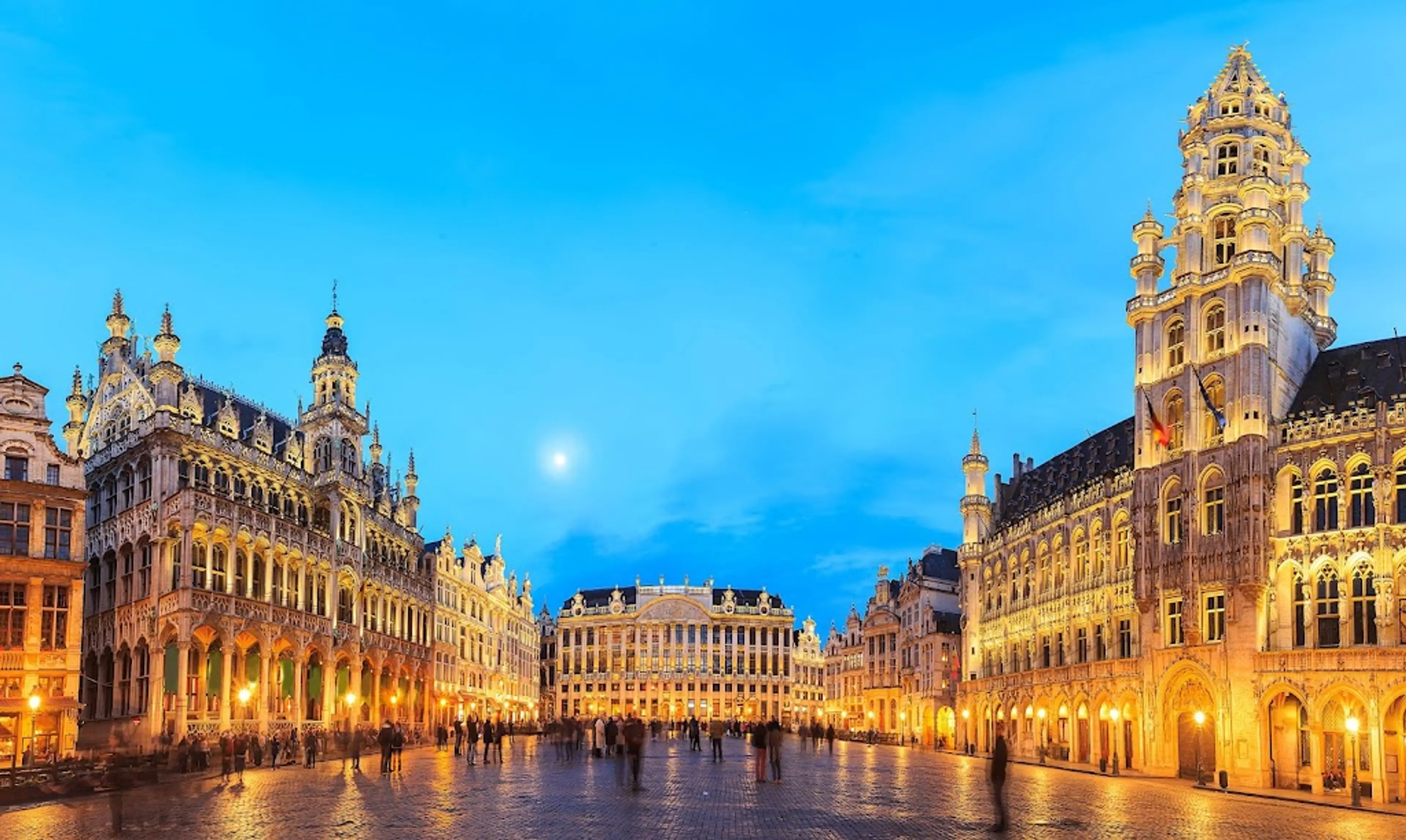
Brussels
The capital of Belgium, known for its historic architecture and the headquarters of the European Union.

Cologne
A 2000-year-old city in Germany, famous for its Gothic architecture and Christmas markets.
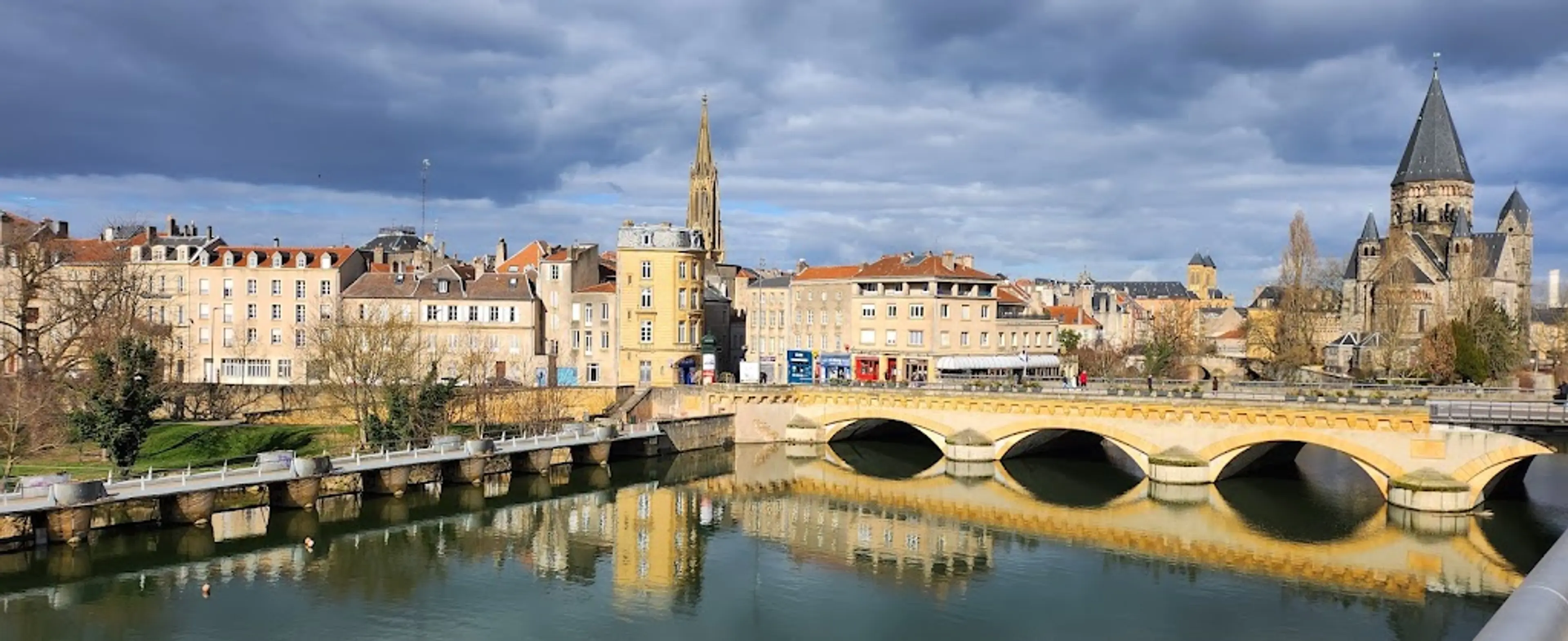
Metz
A city in France known for its Gothic Saint-Étienne Cathedral and its beautiful gardens.
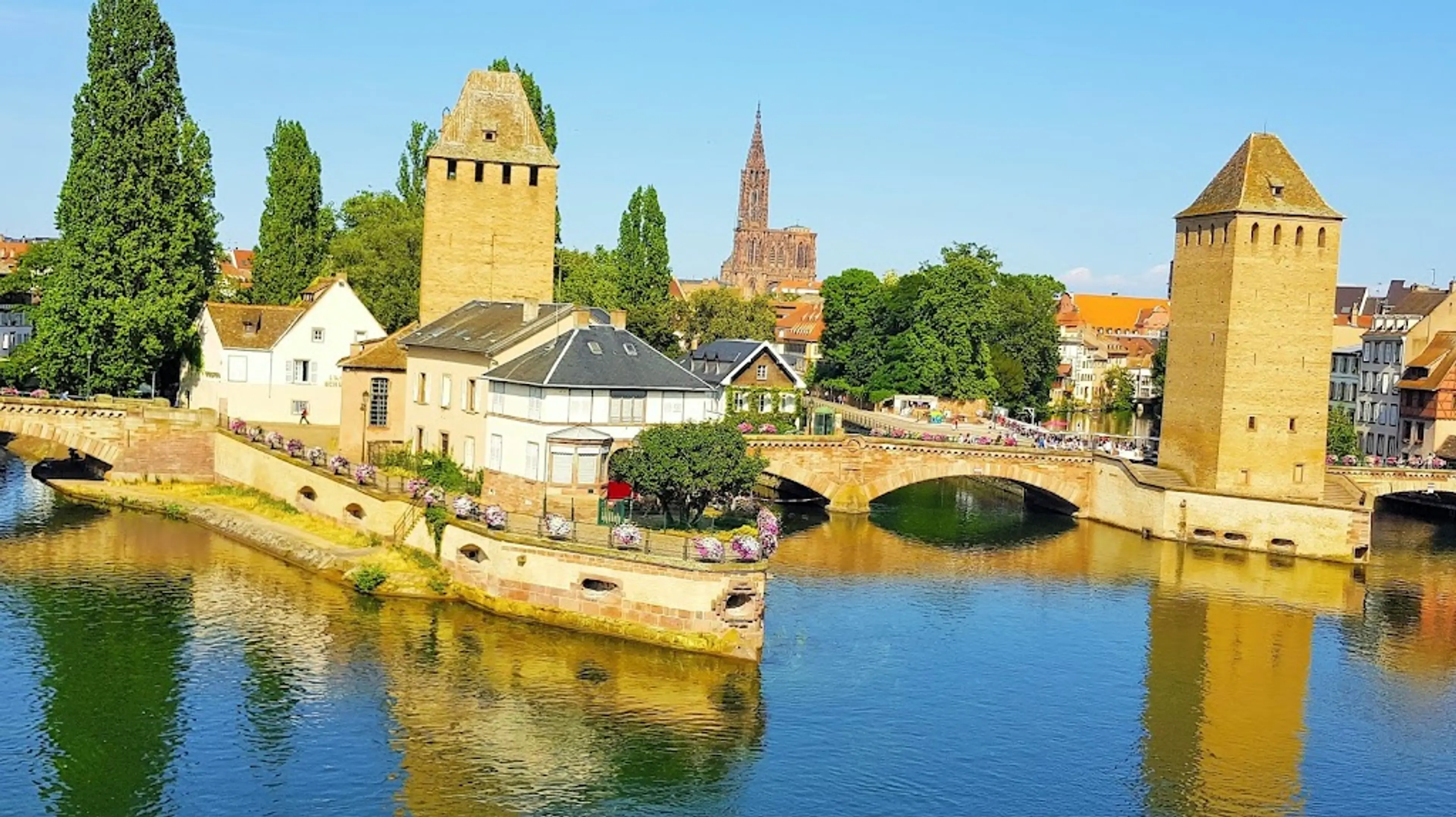
Strasbourg
A city in France known for its medieval architecture, especially the Notre-Dame Cathedral.
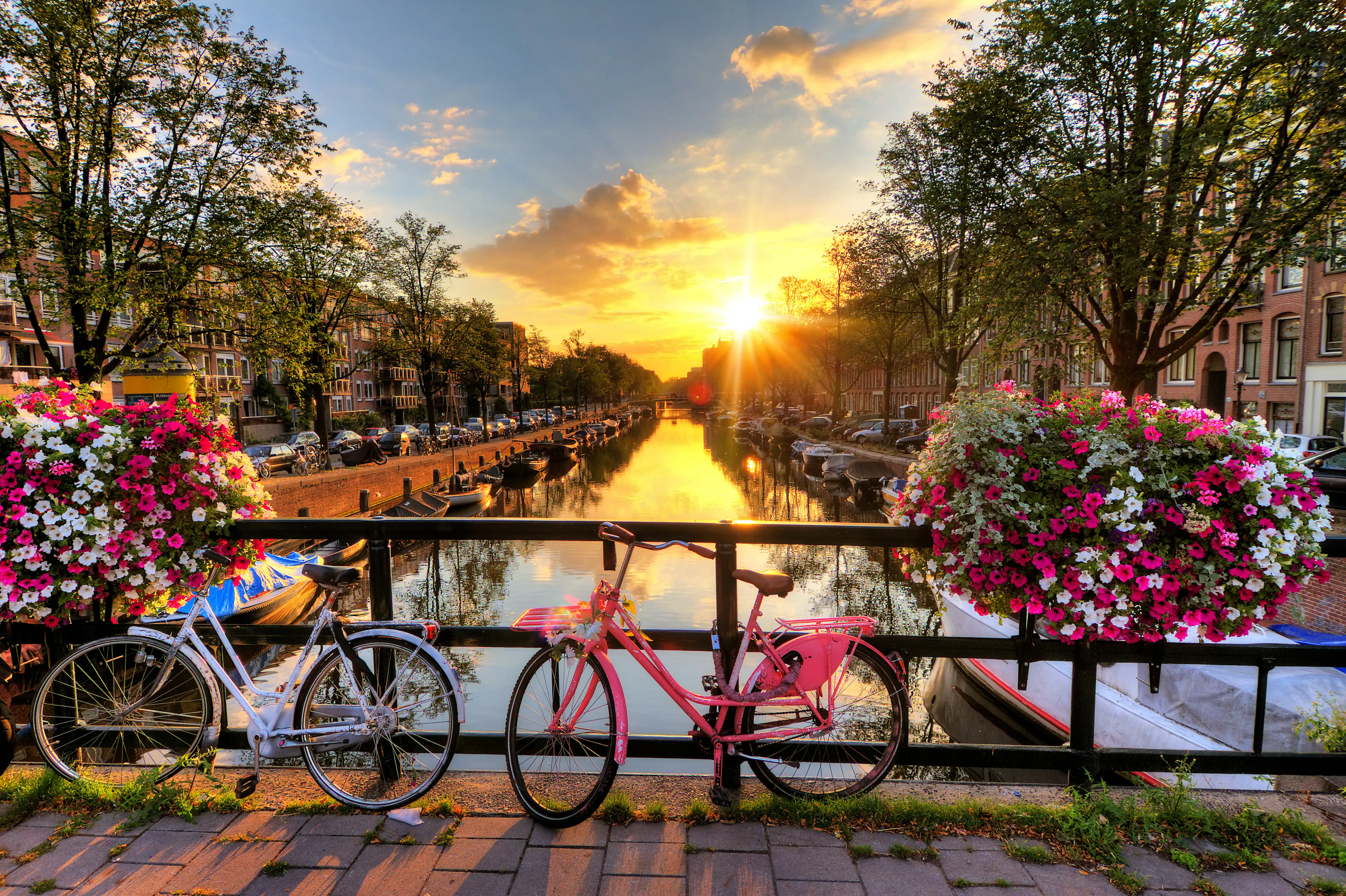
Amsterdam
The capital of the Netherlands, known for its artistic heritage, elaborate canal system, and narrow houses.

Paris
The capital of France, known for its cafe culture, the Eiffel Tower, and the Louvre Museum.
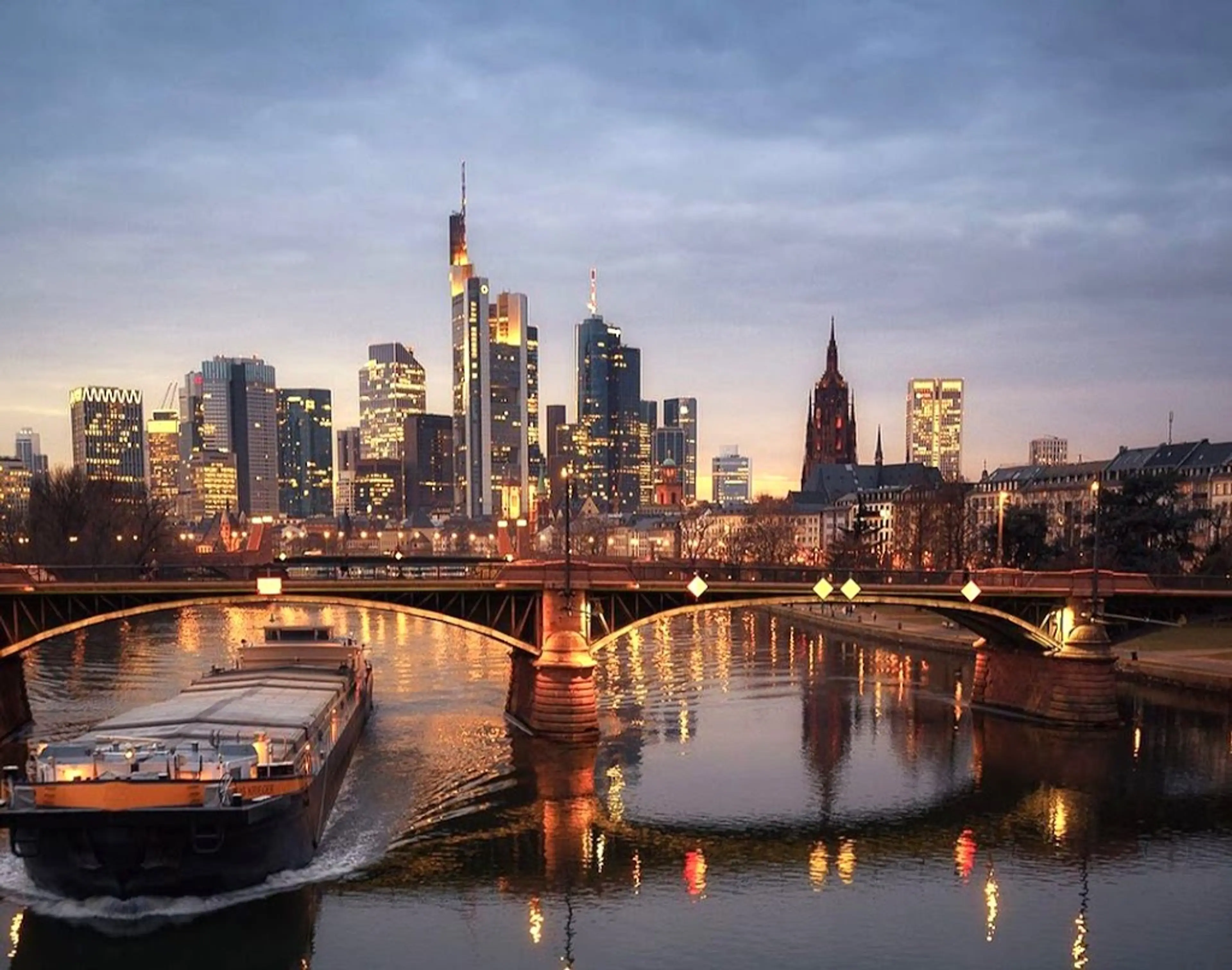
Frankfurt
A central German city known for its futuristic skyline and the busiest German airport.

Dusseldorf
A city in Germany known for its fashion industry and art scene.
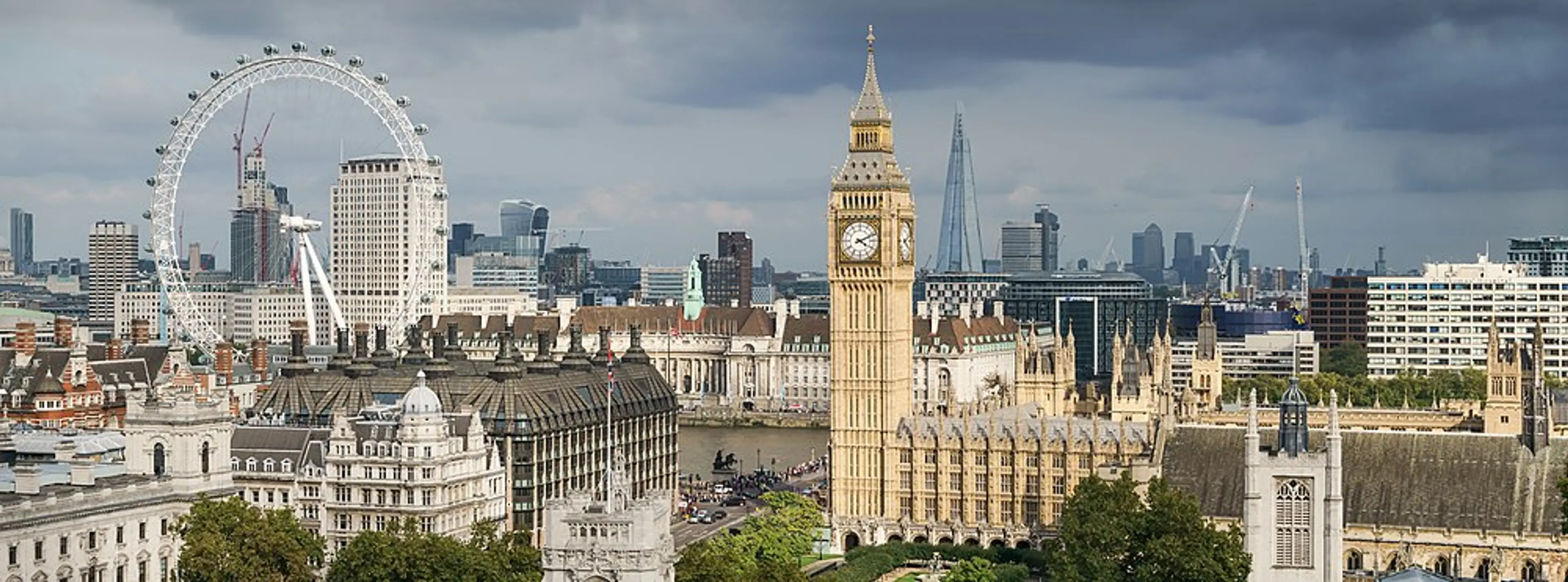
London
The capital of England and the United Kingdom, known for its iconic landmarks like the Big Ben, London Eye, and the Buckingham Palace.
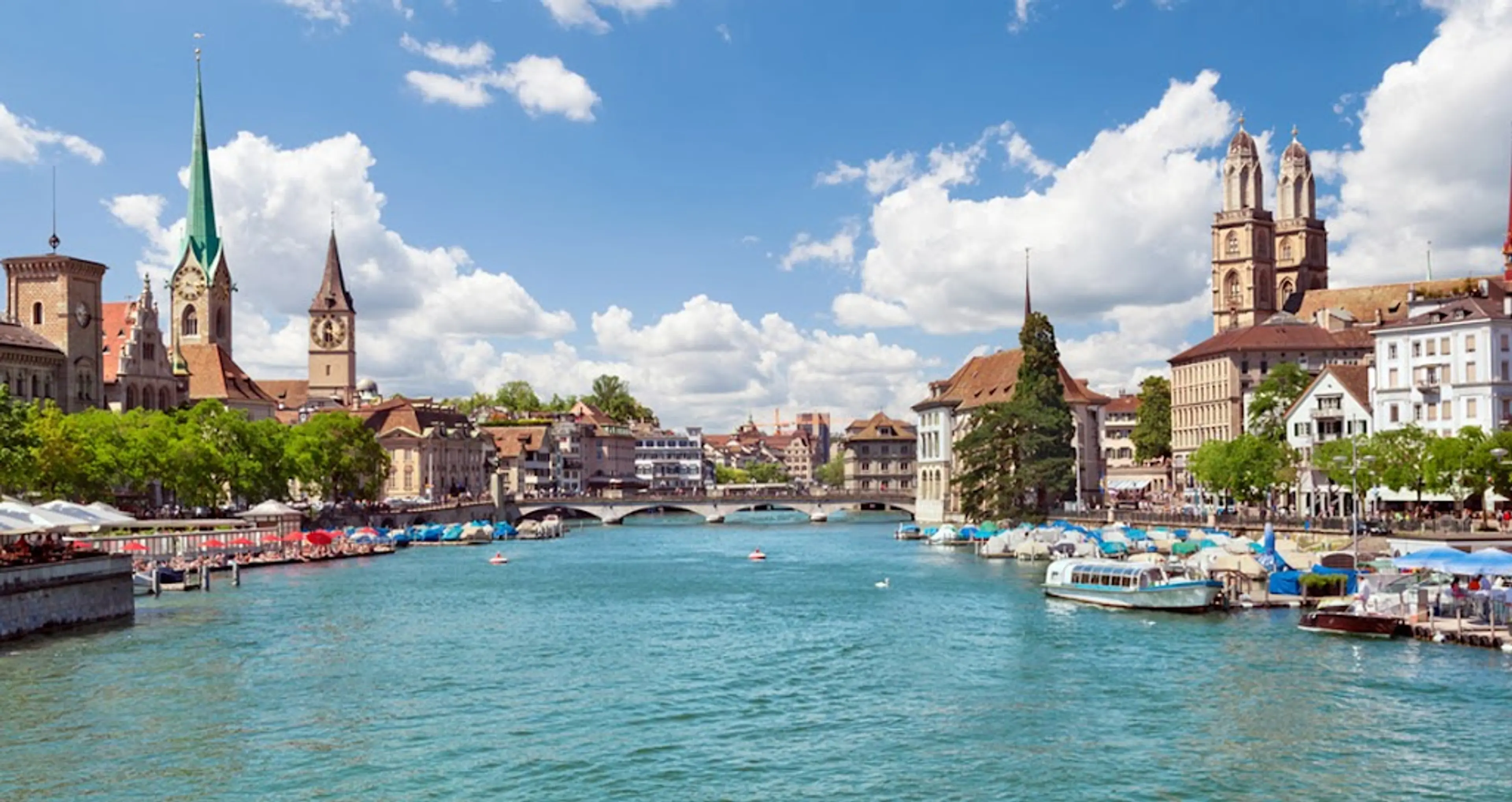
Zurich
The largest city in Switzerland, known for its well-preserved medieval Old Town.

